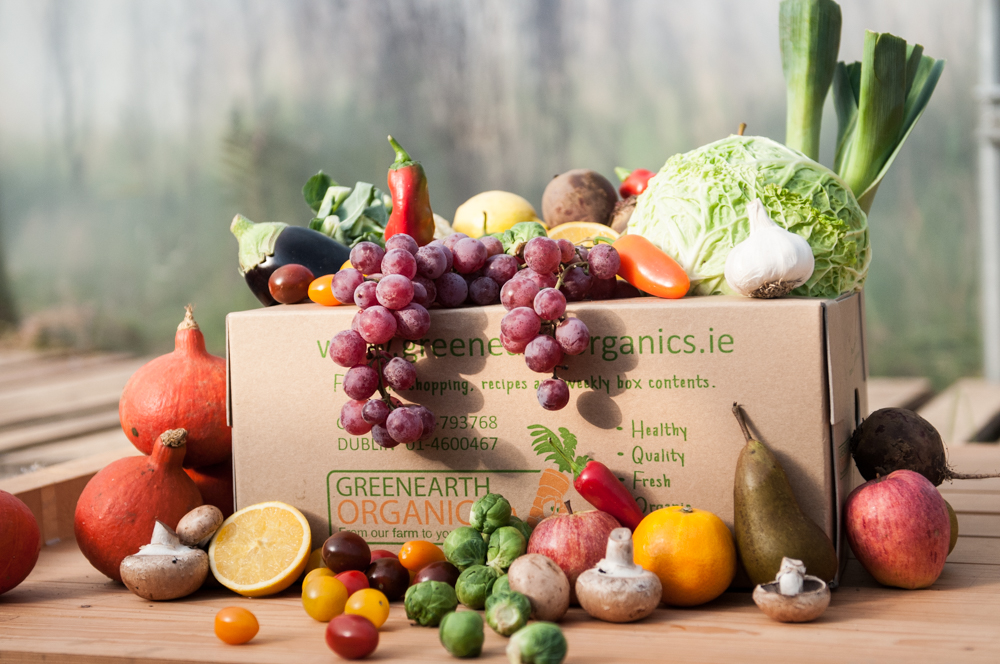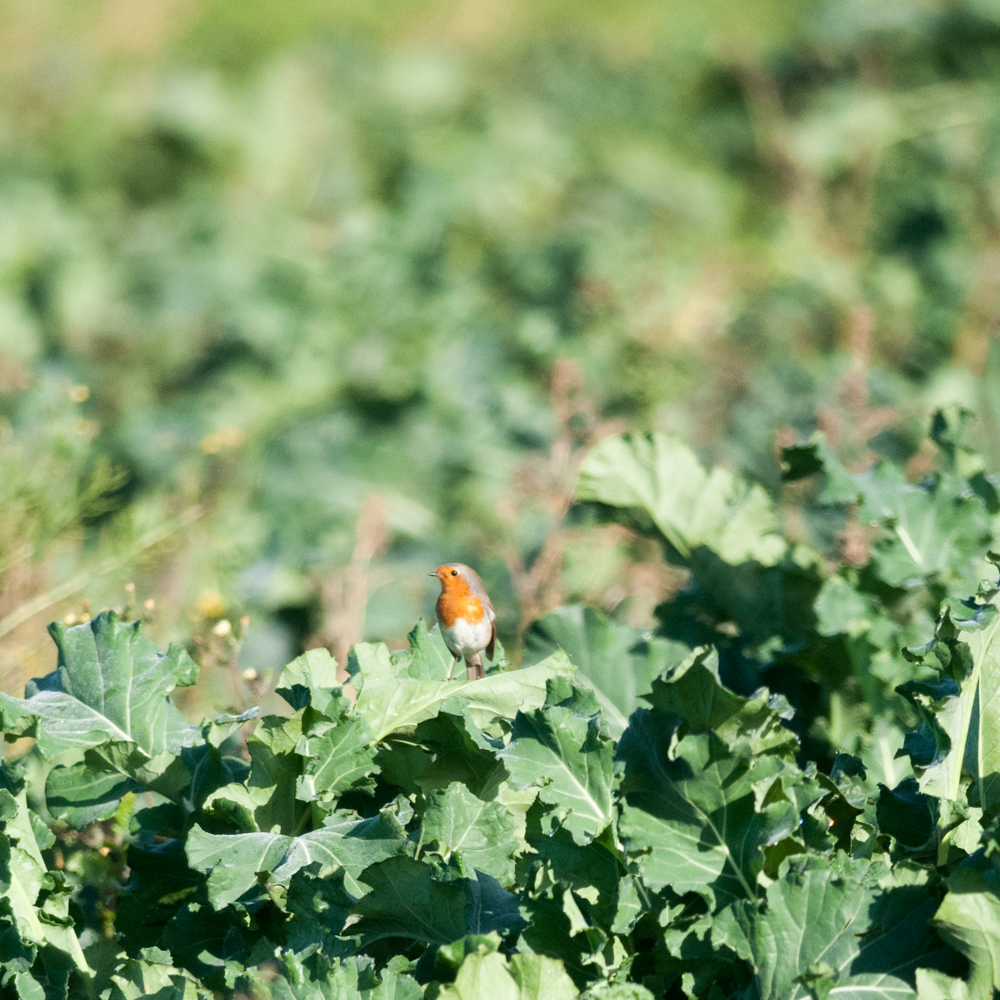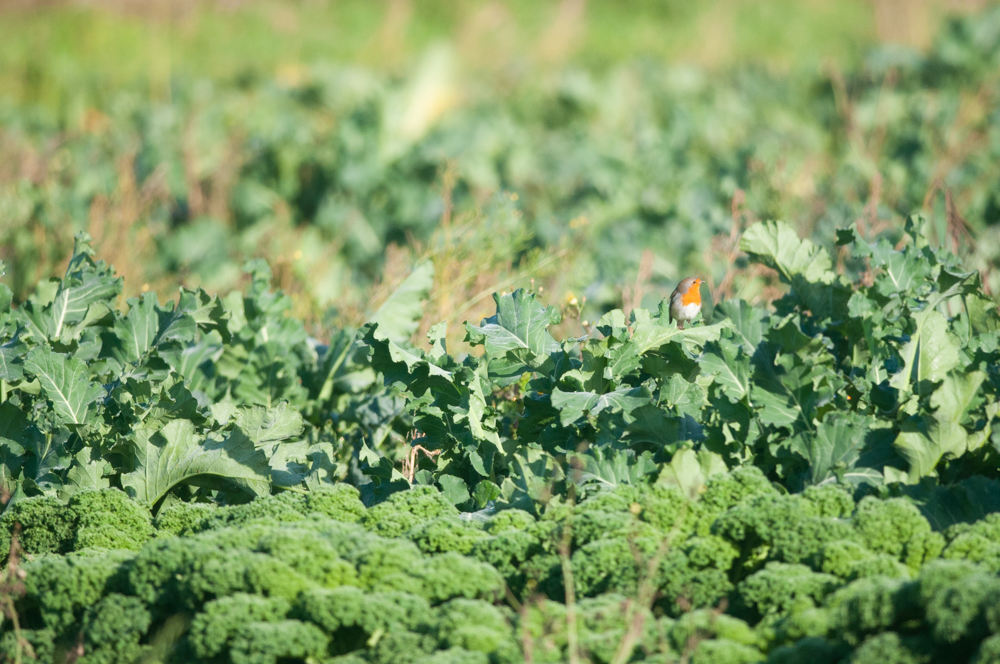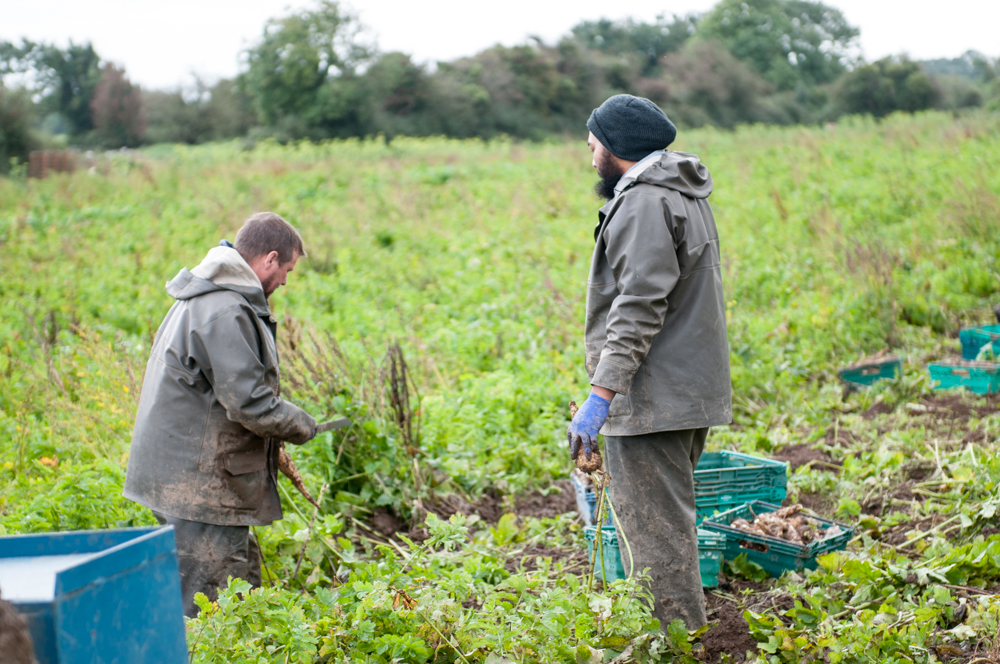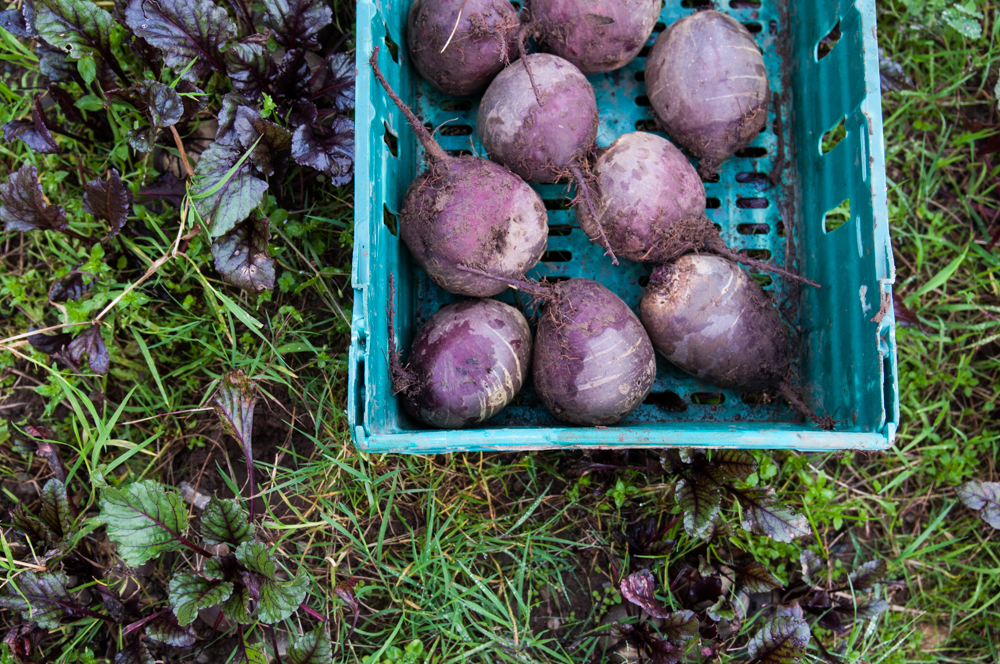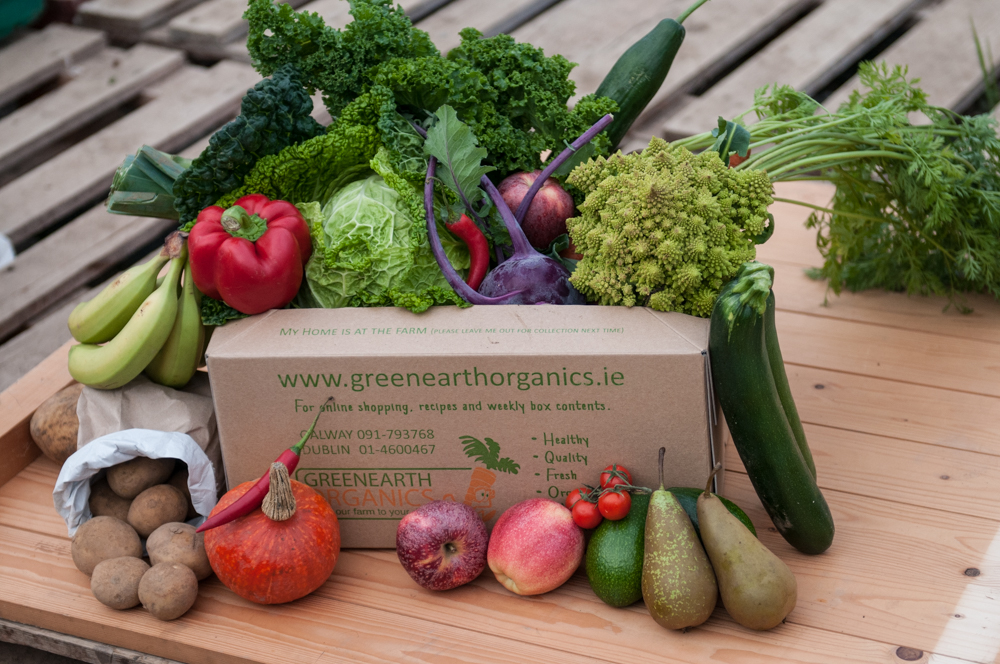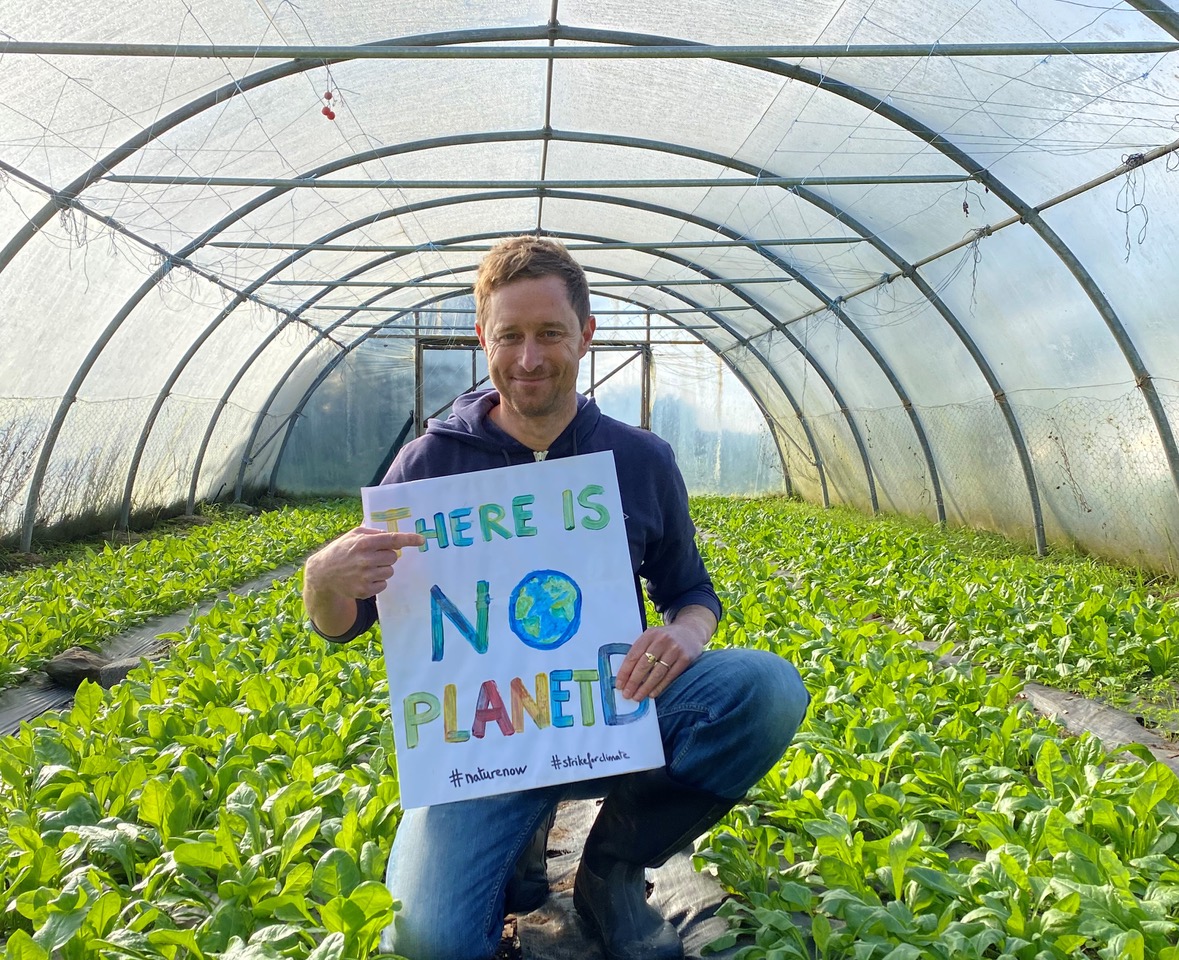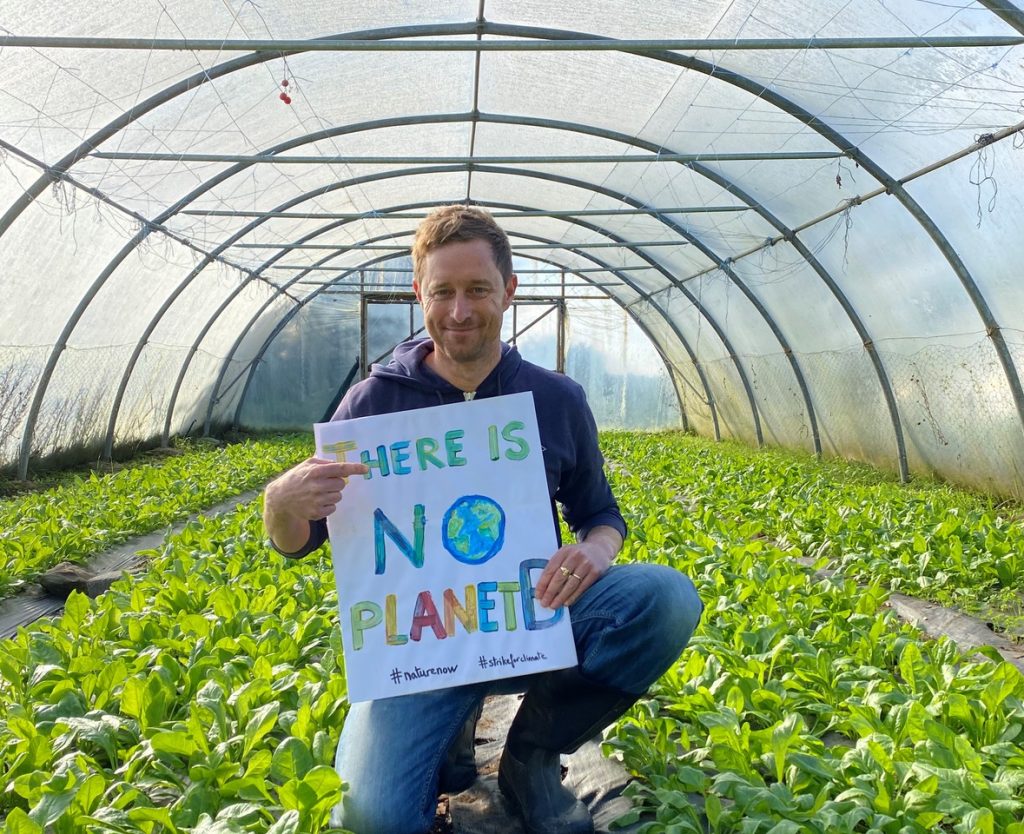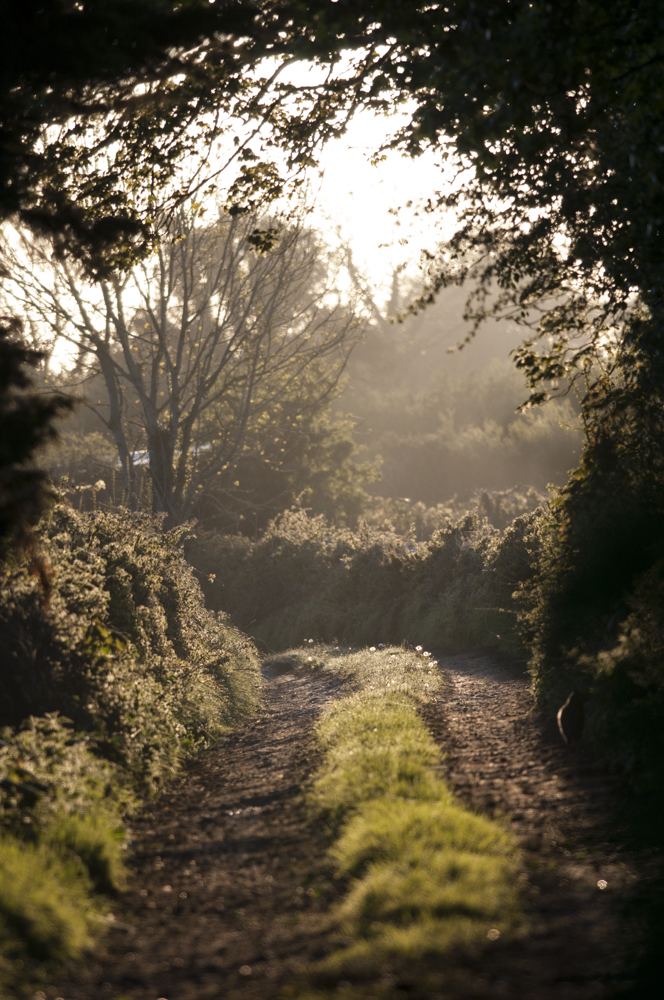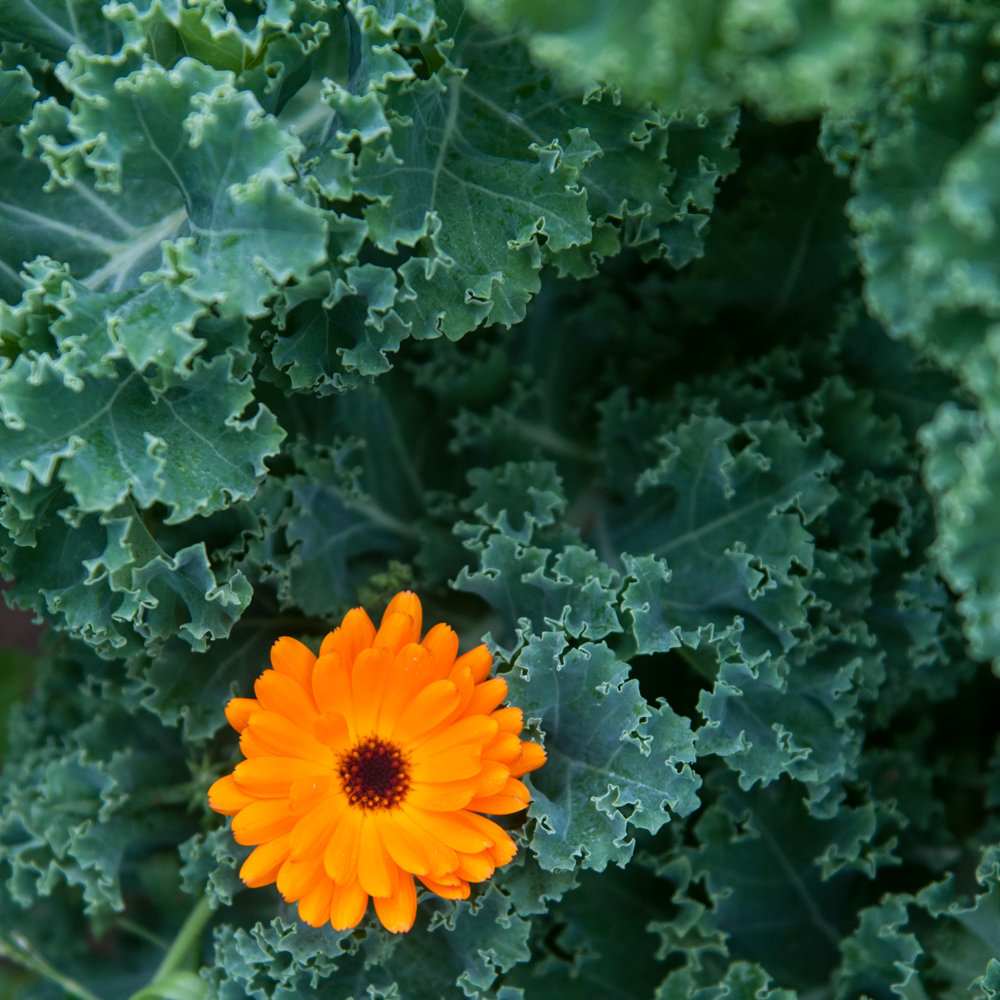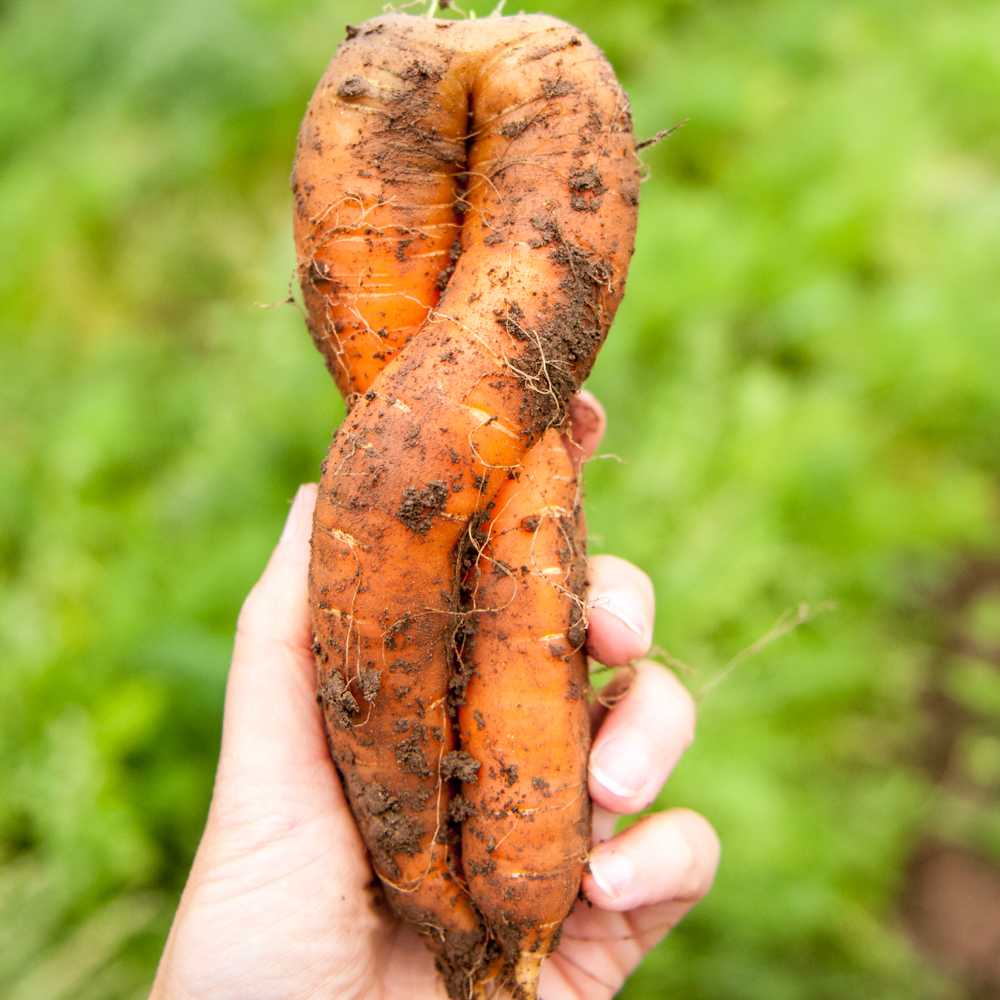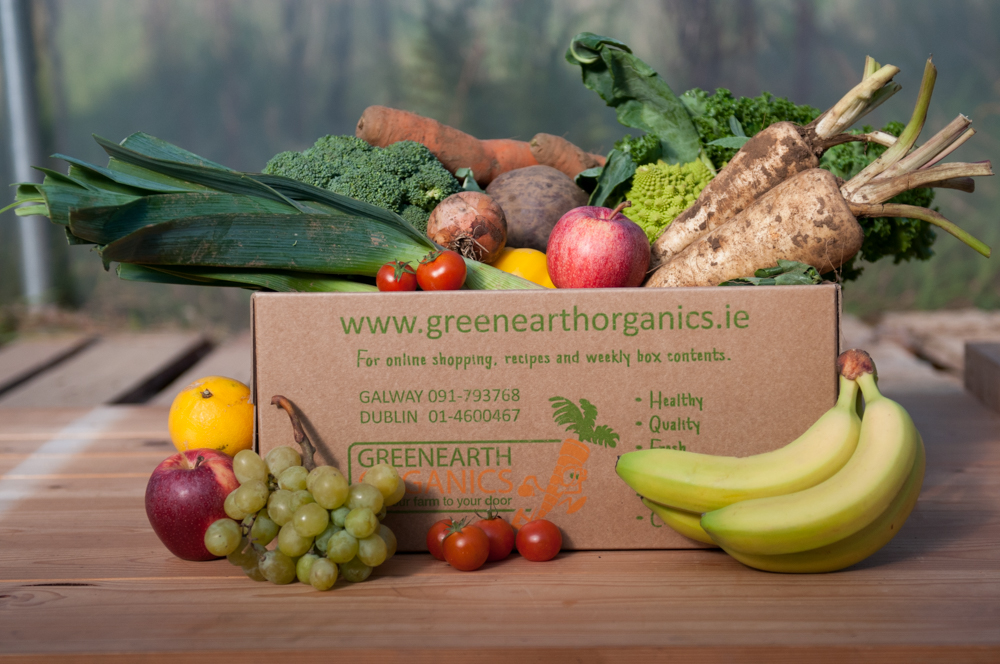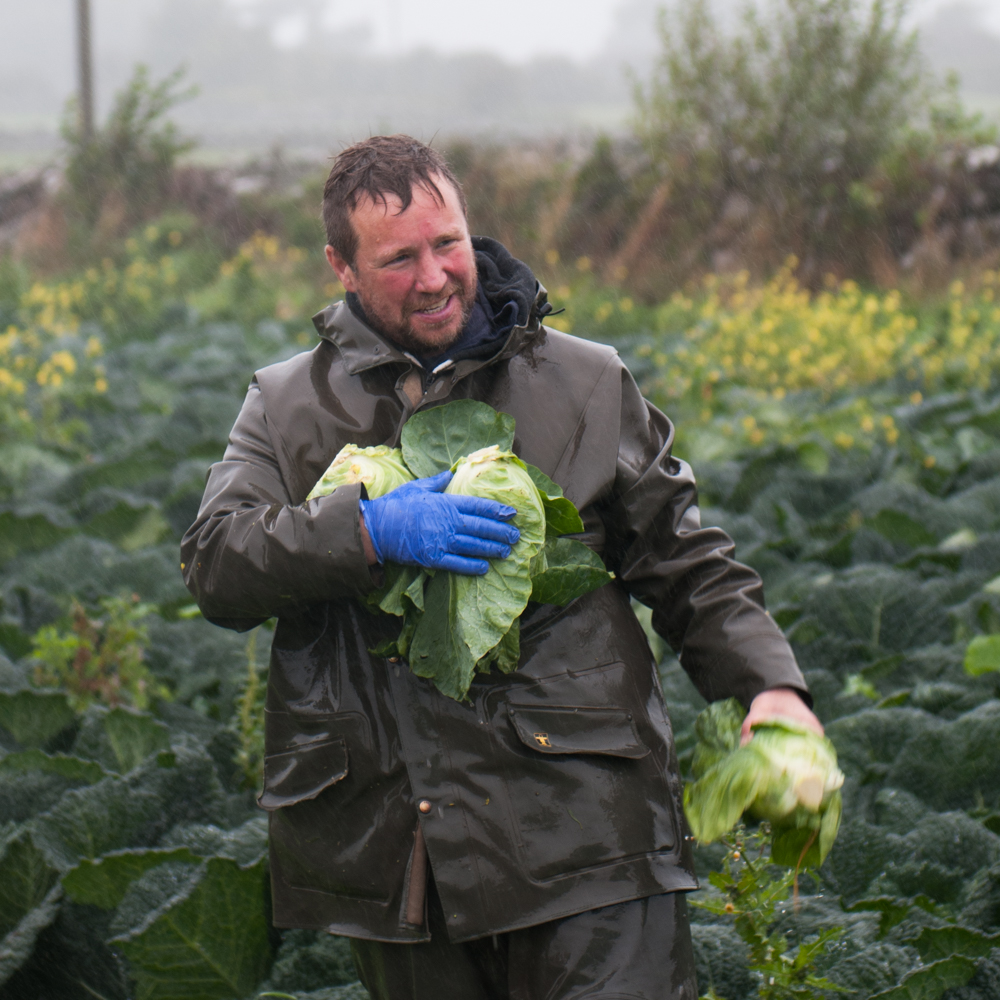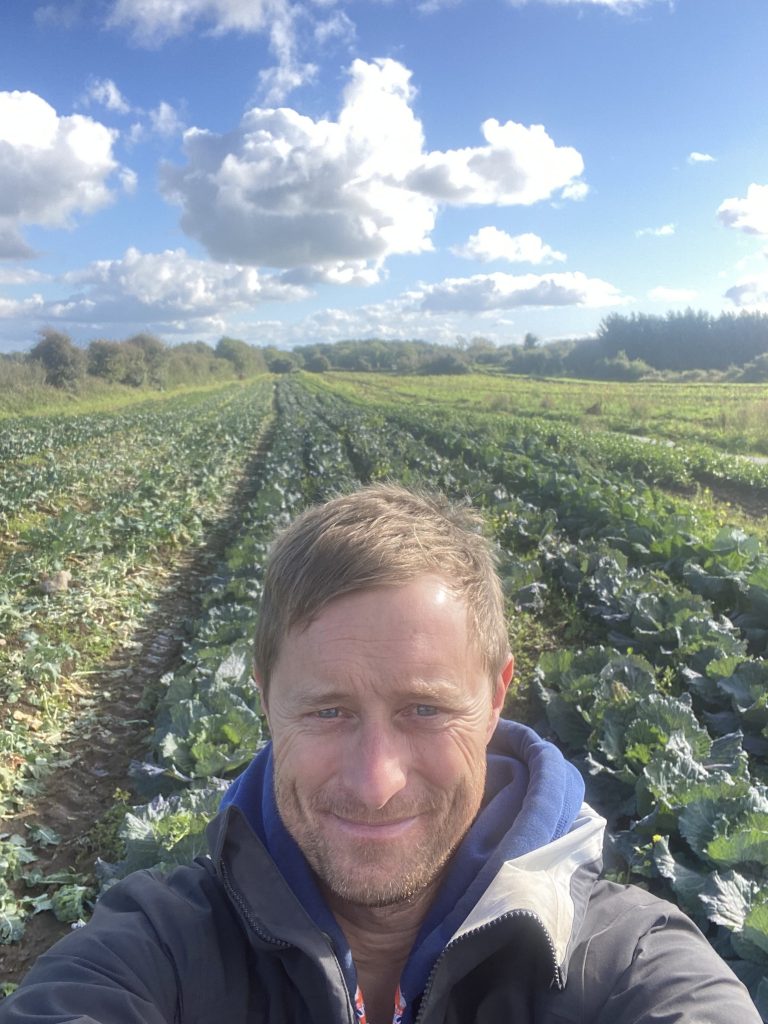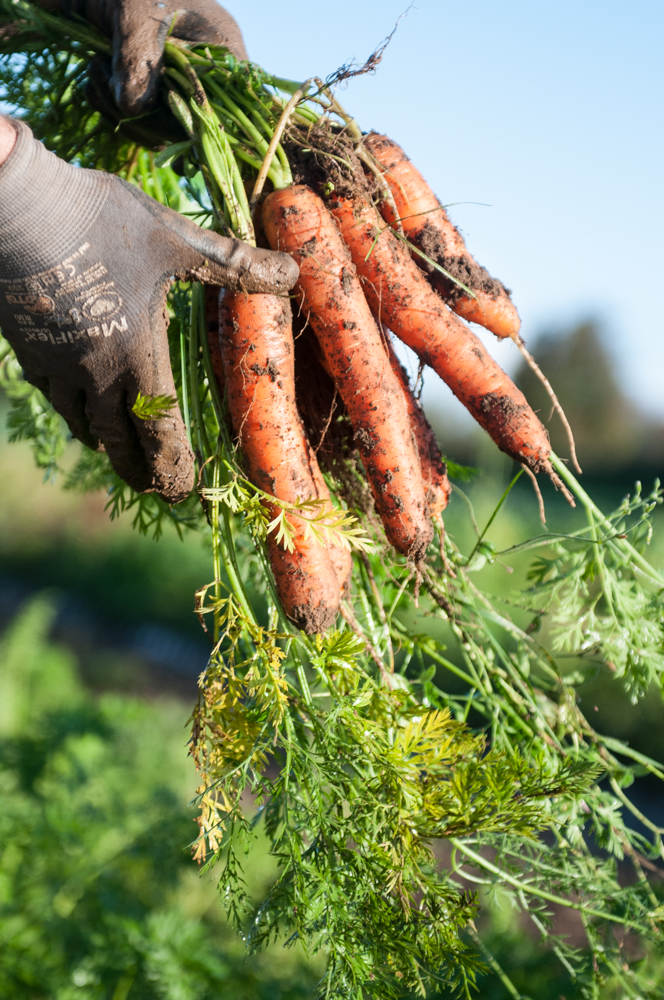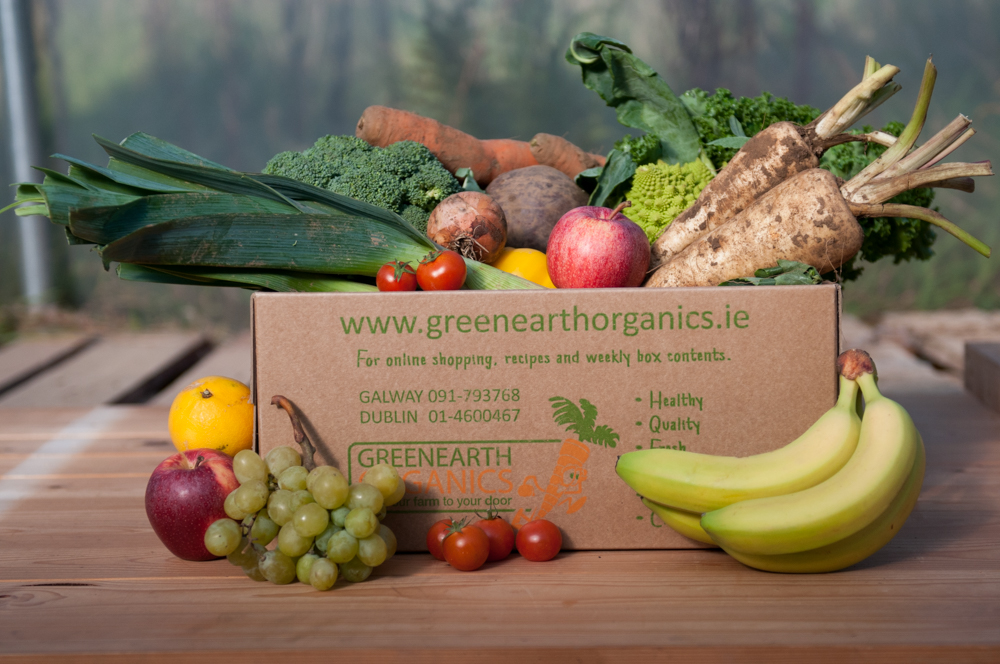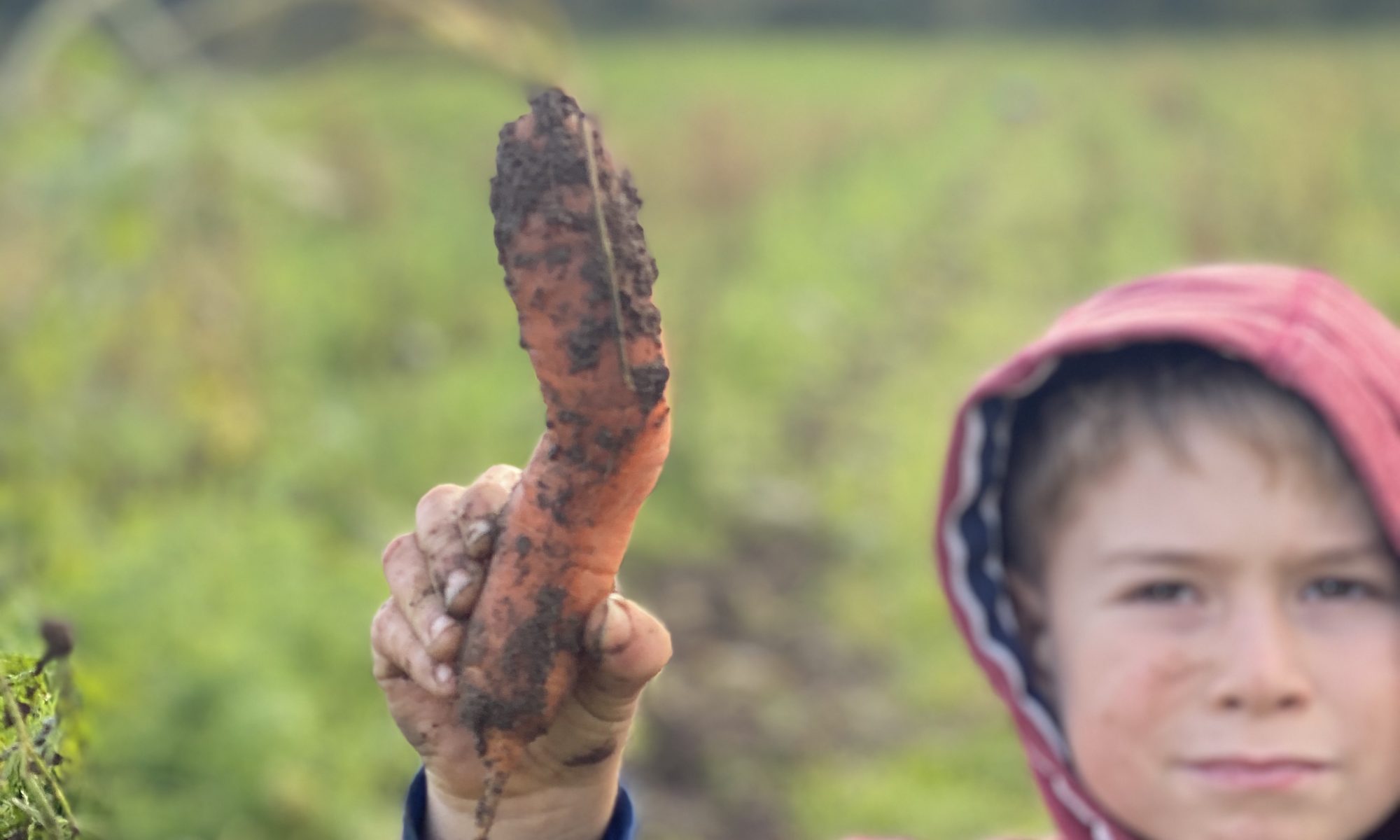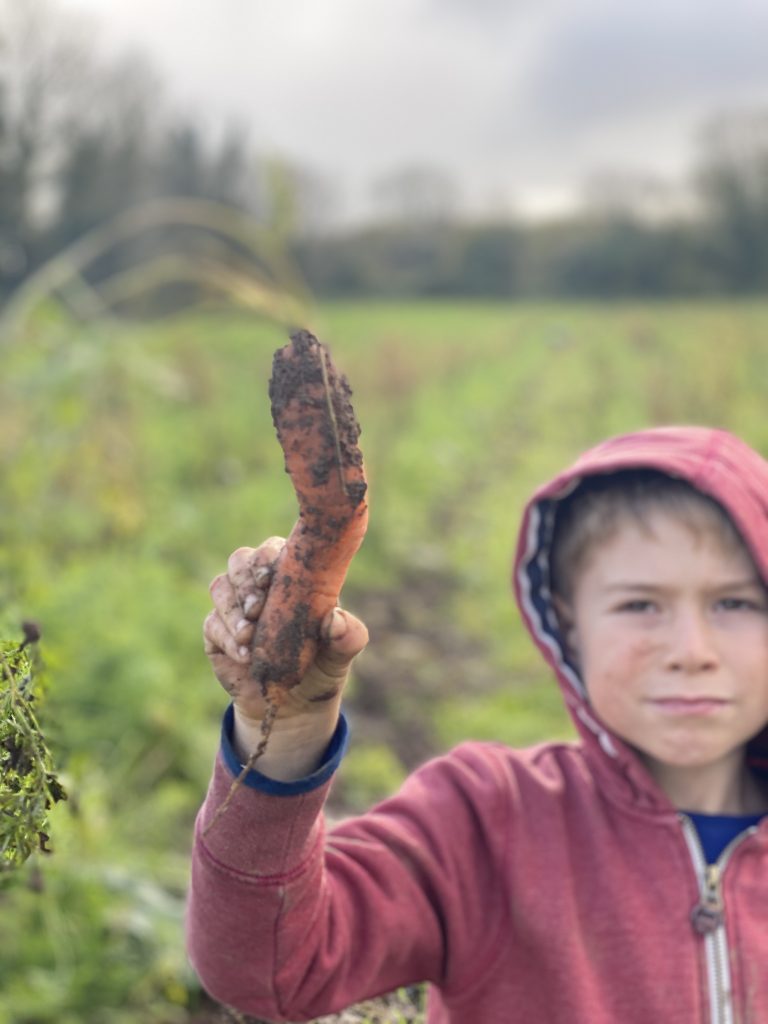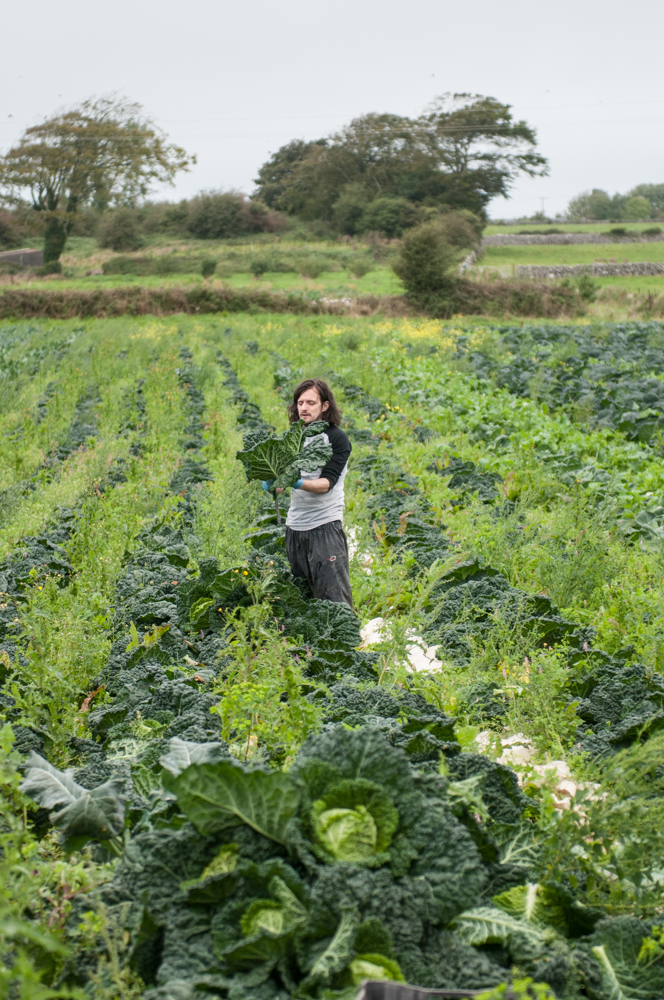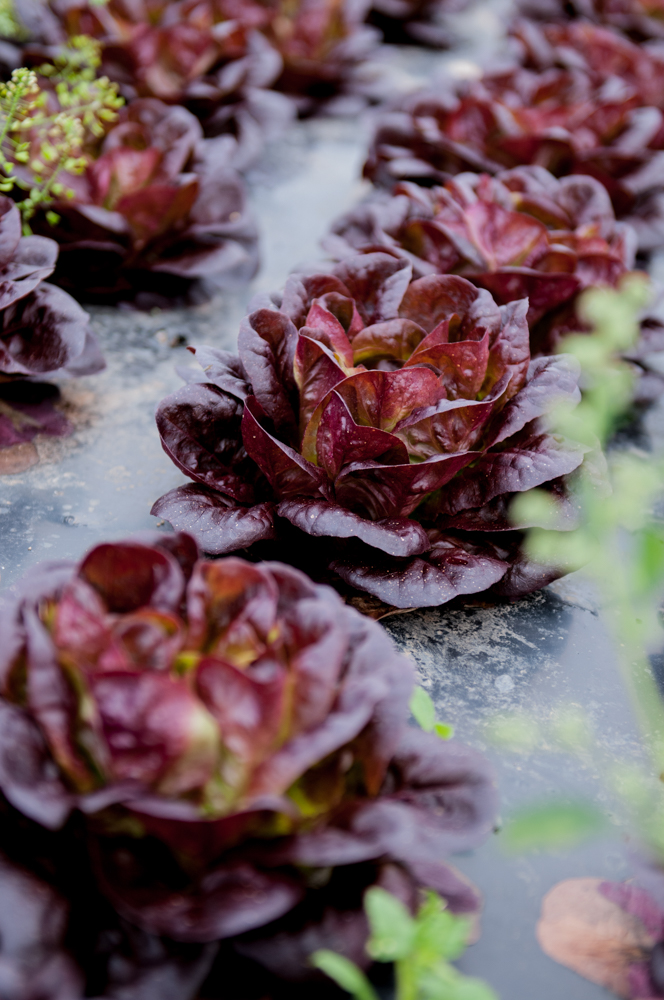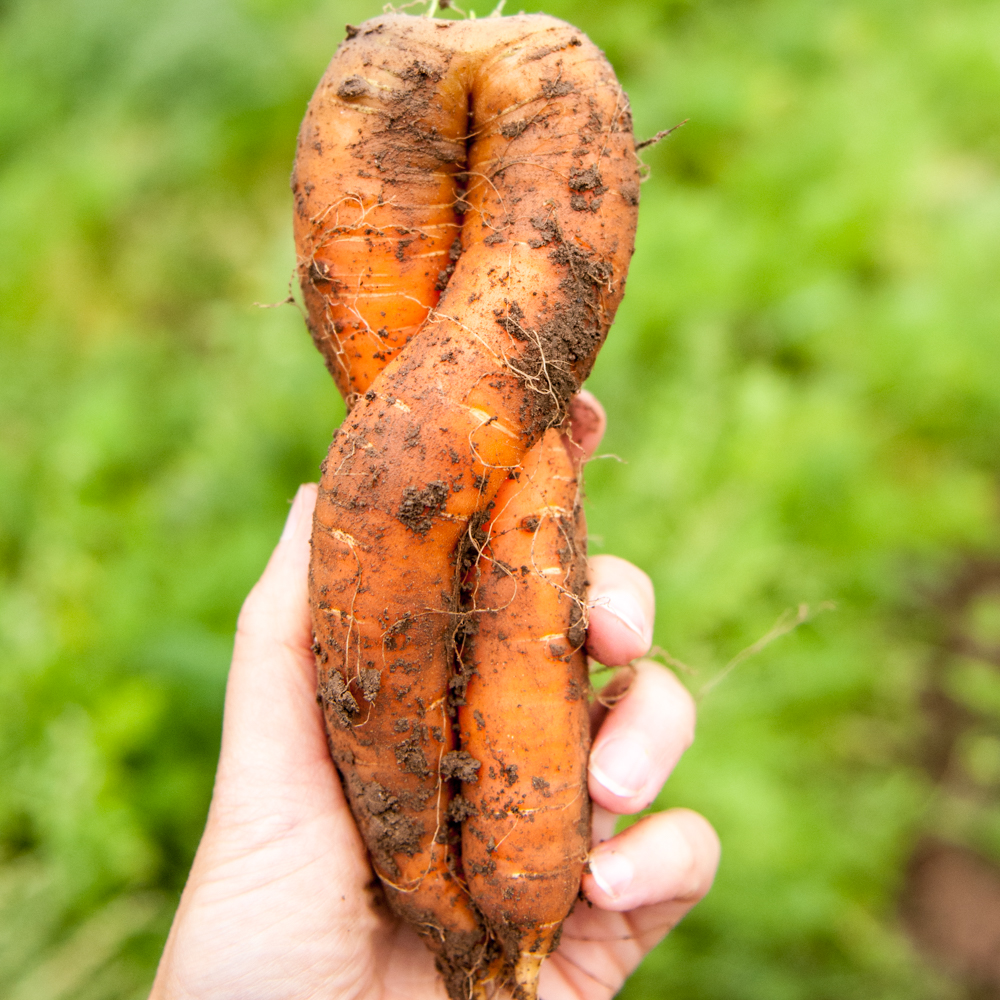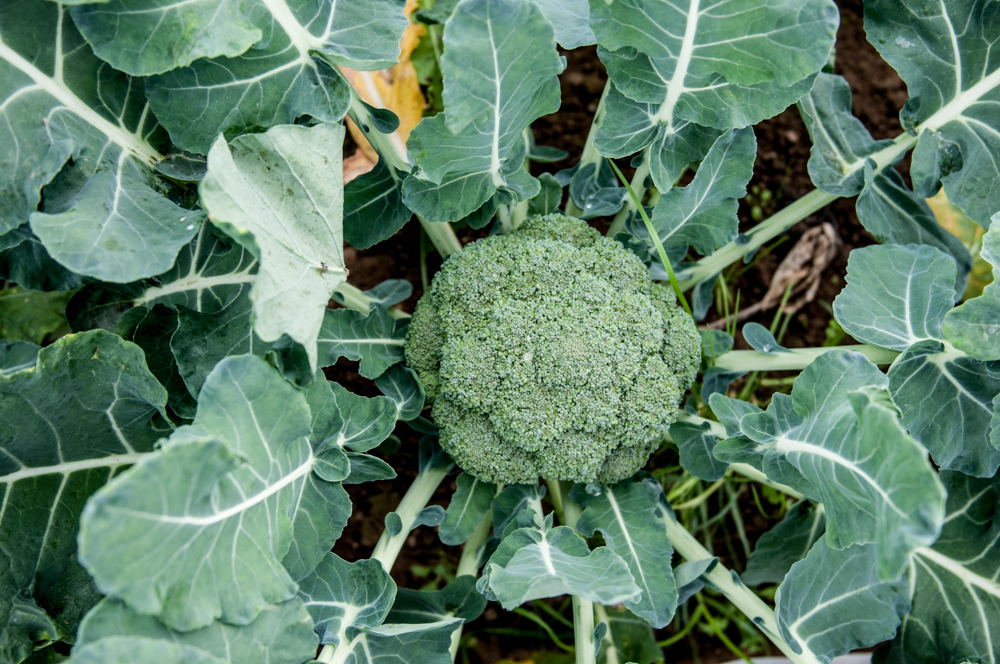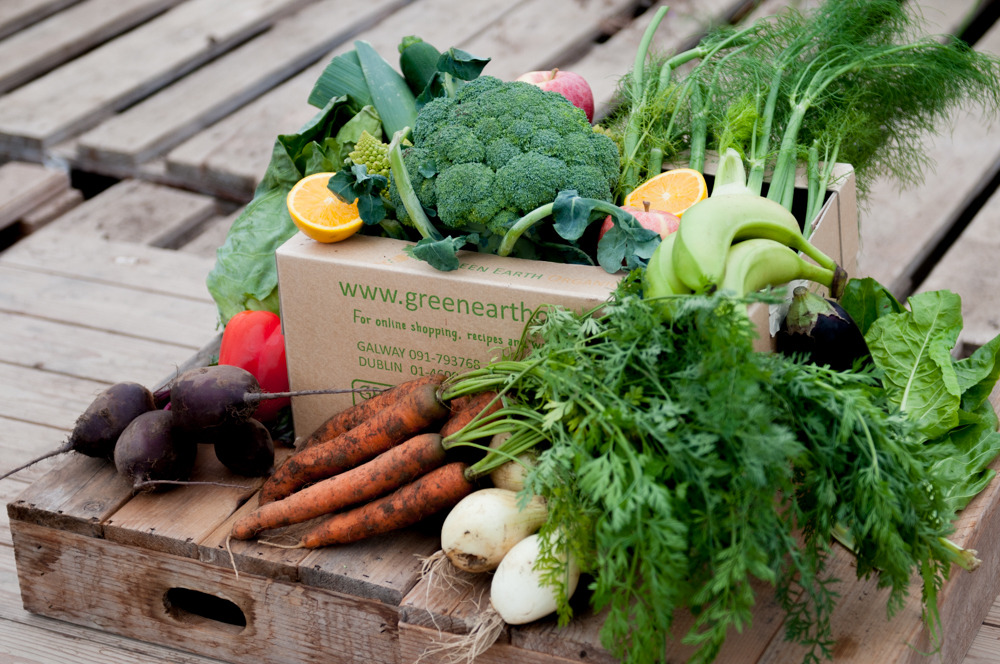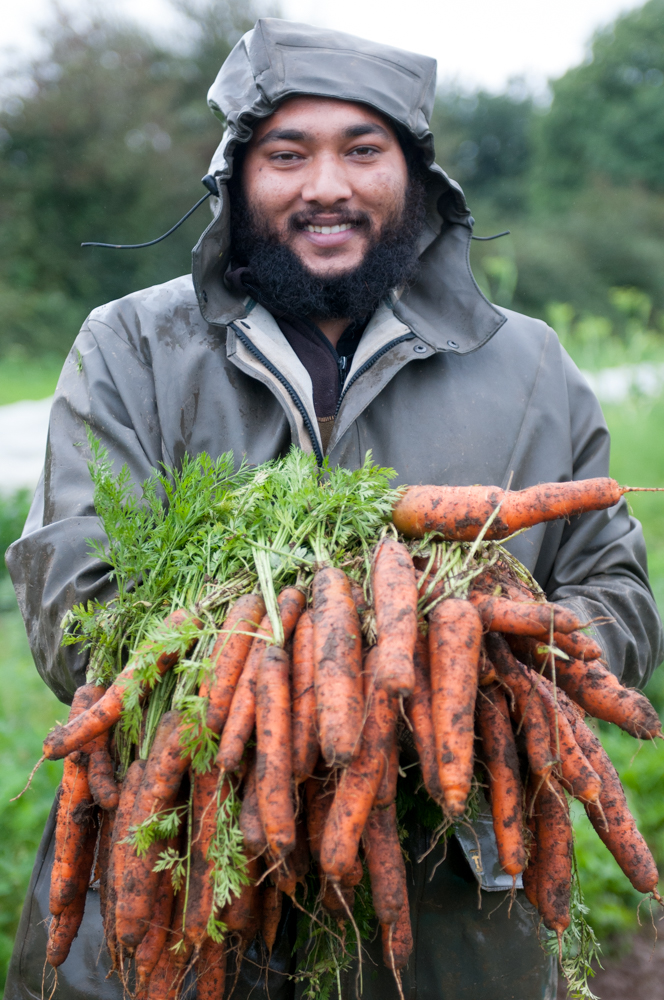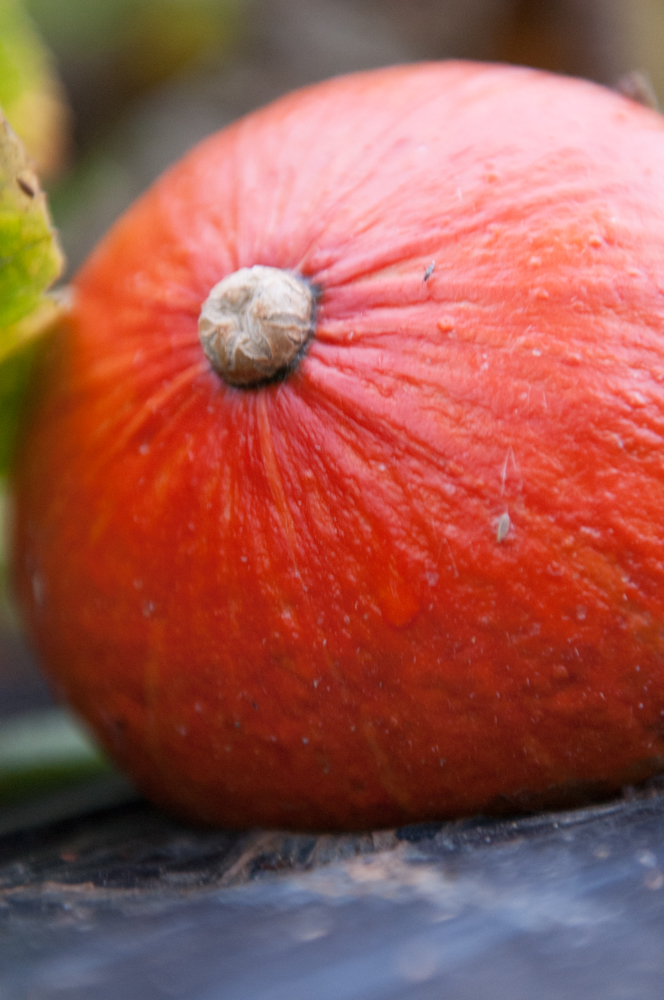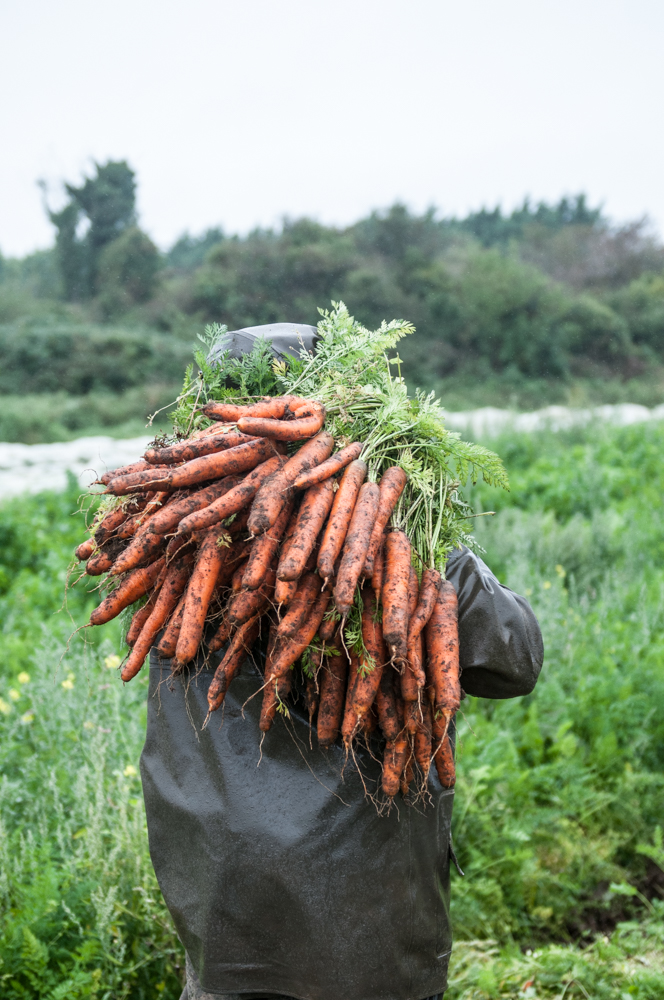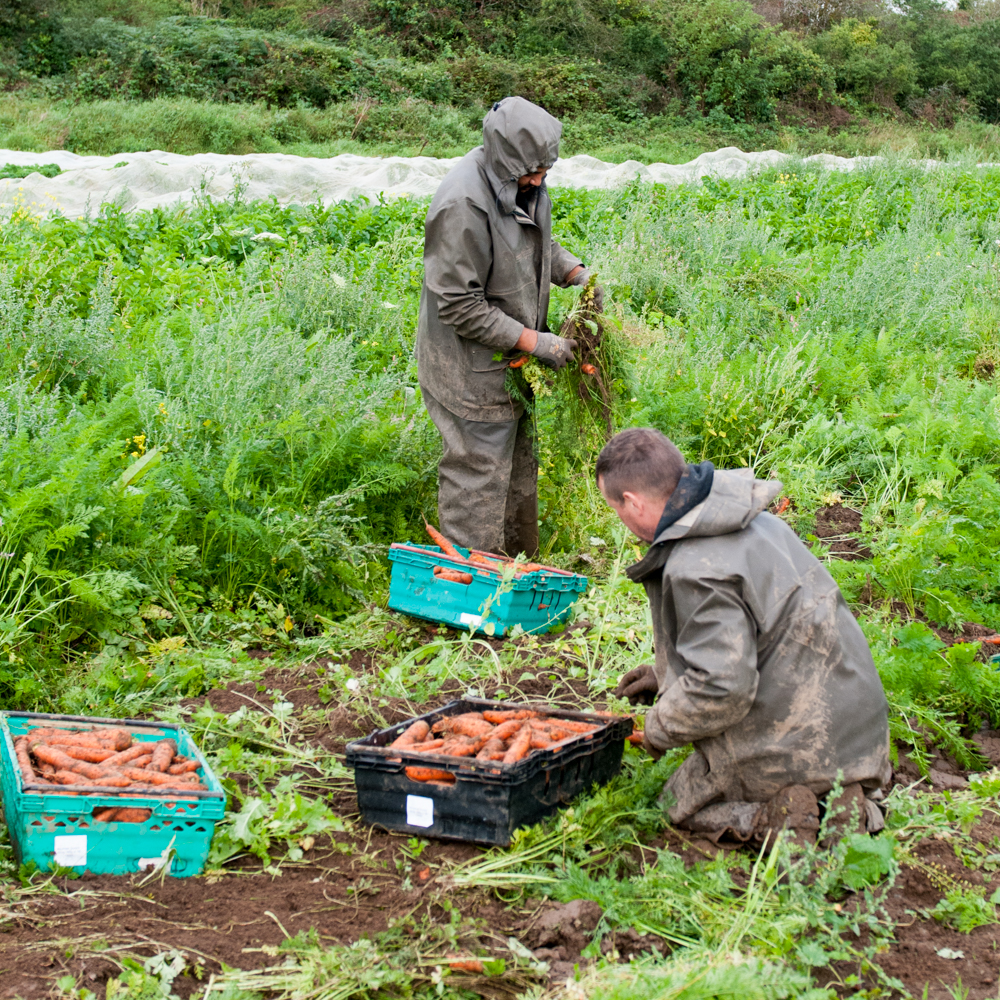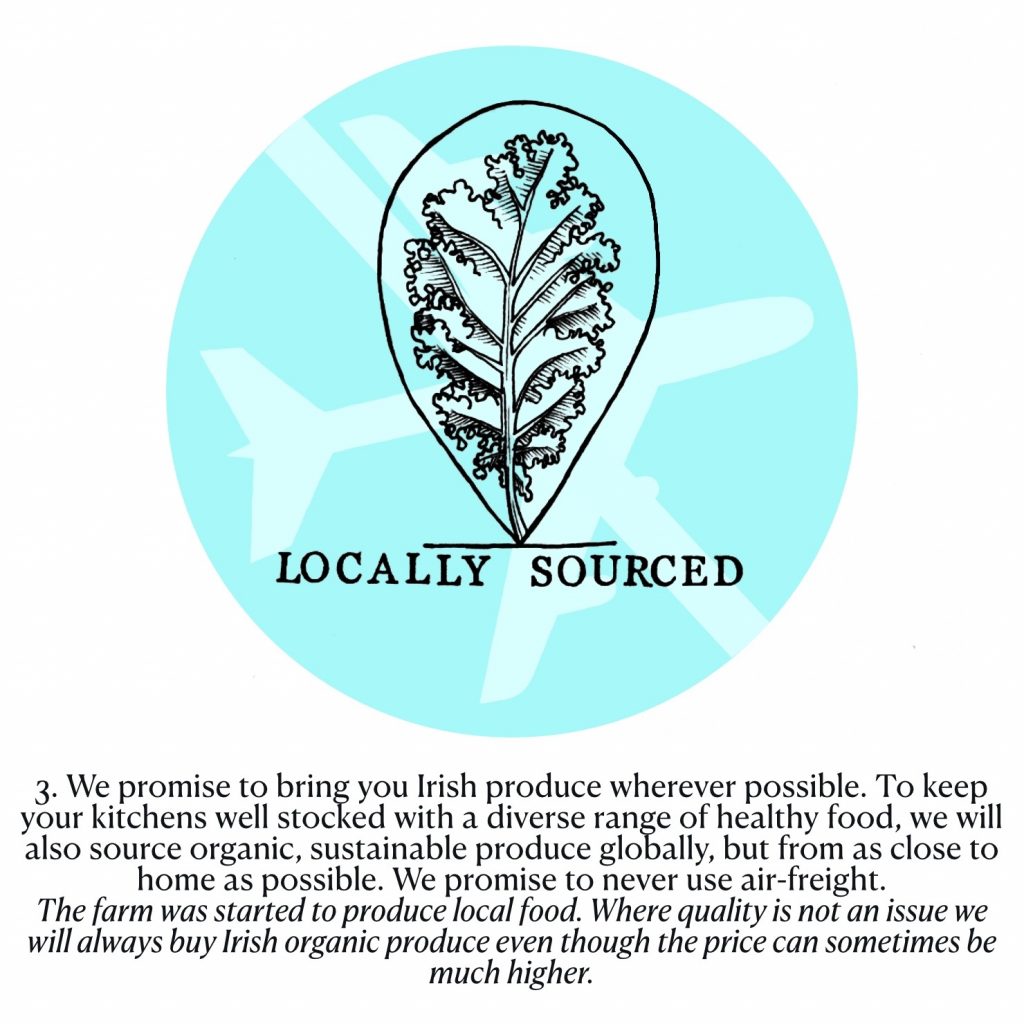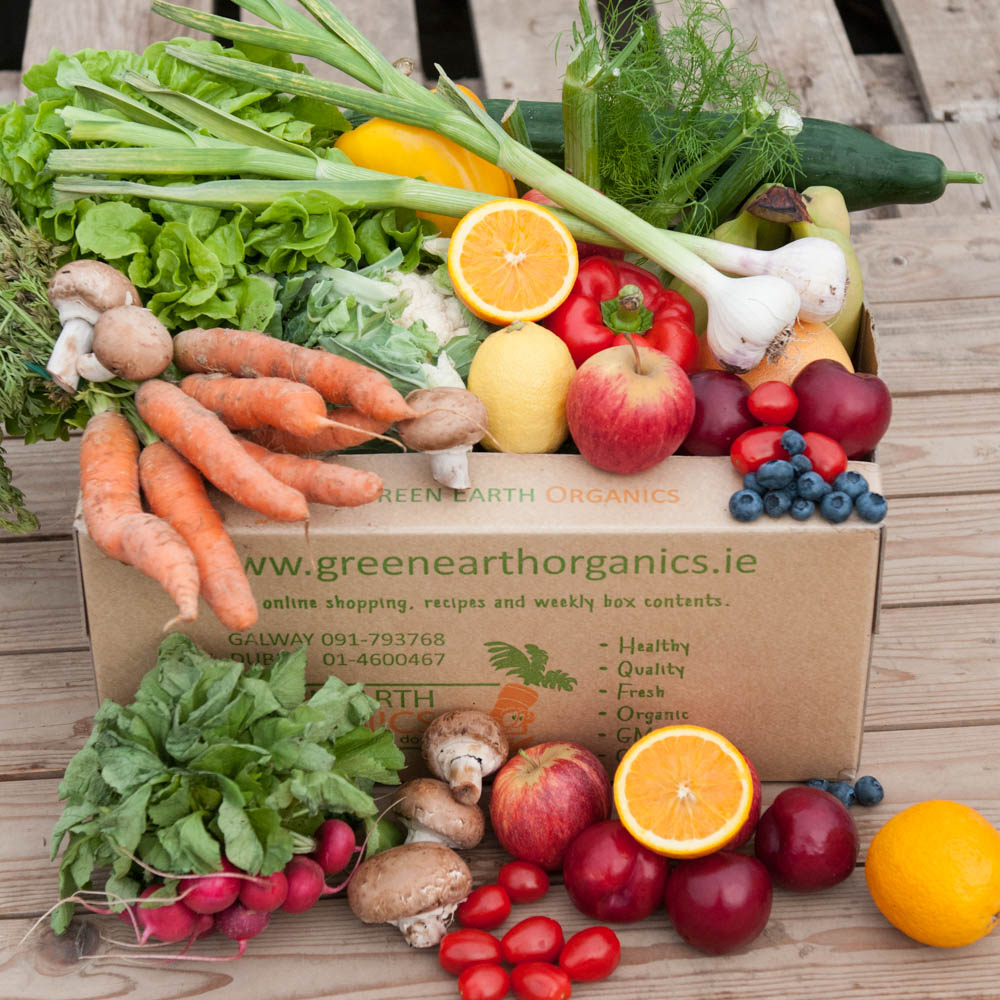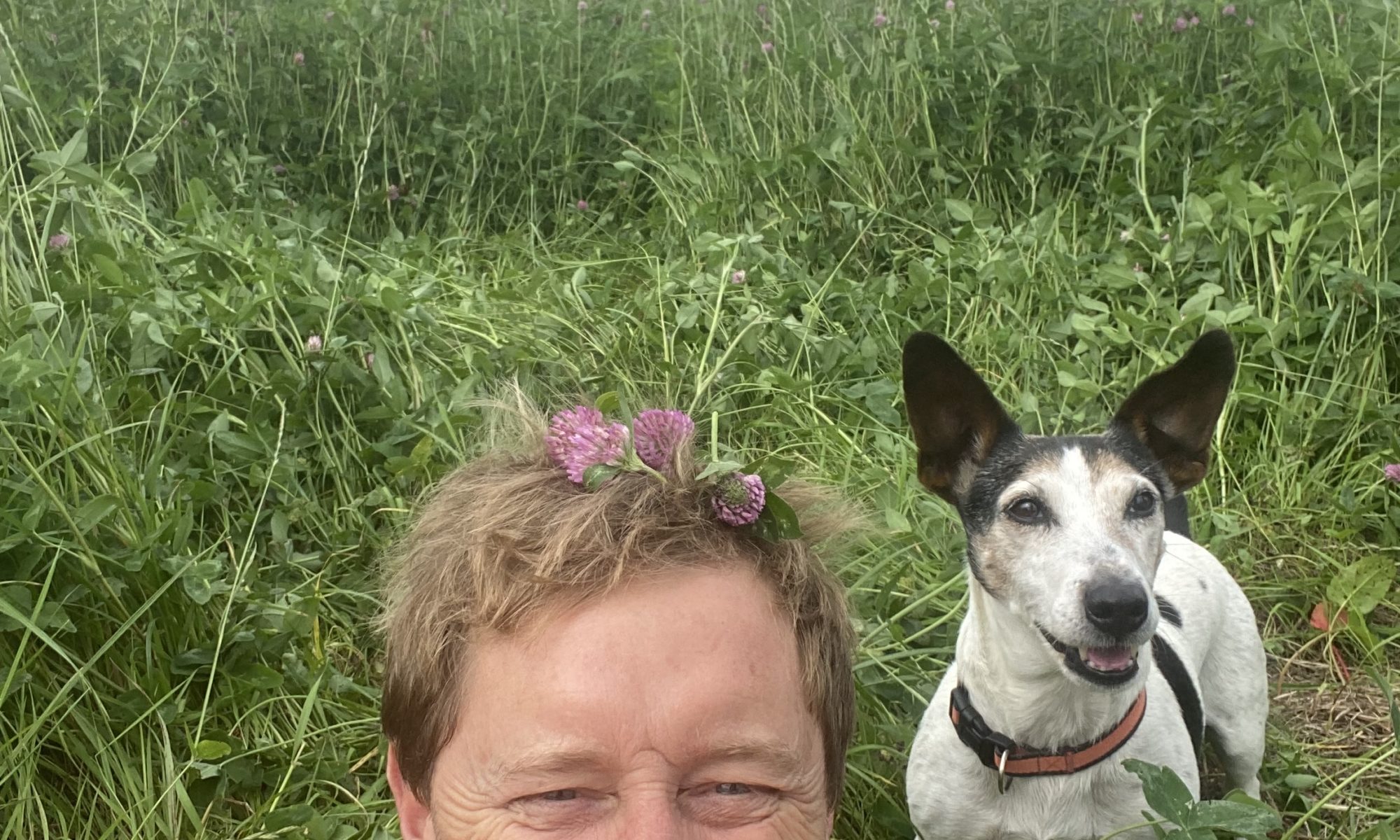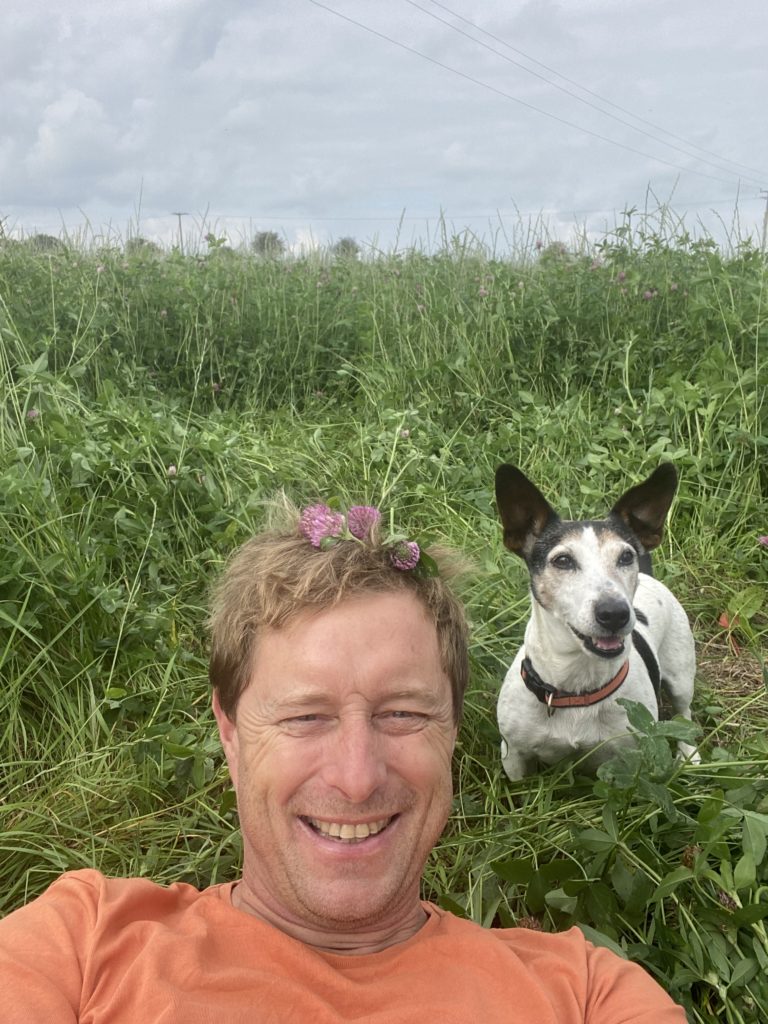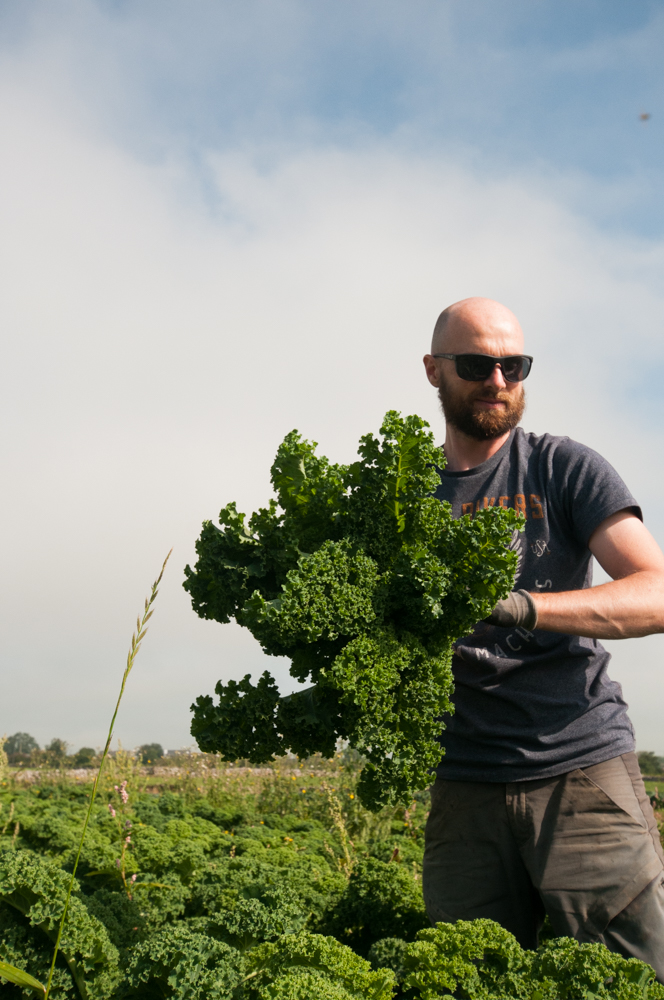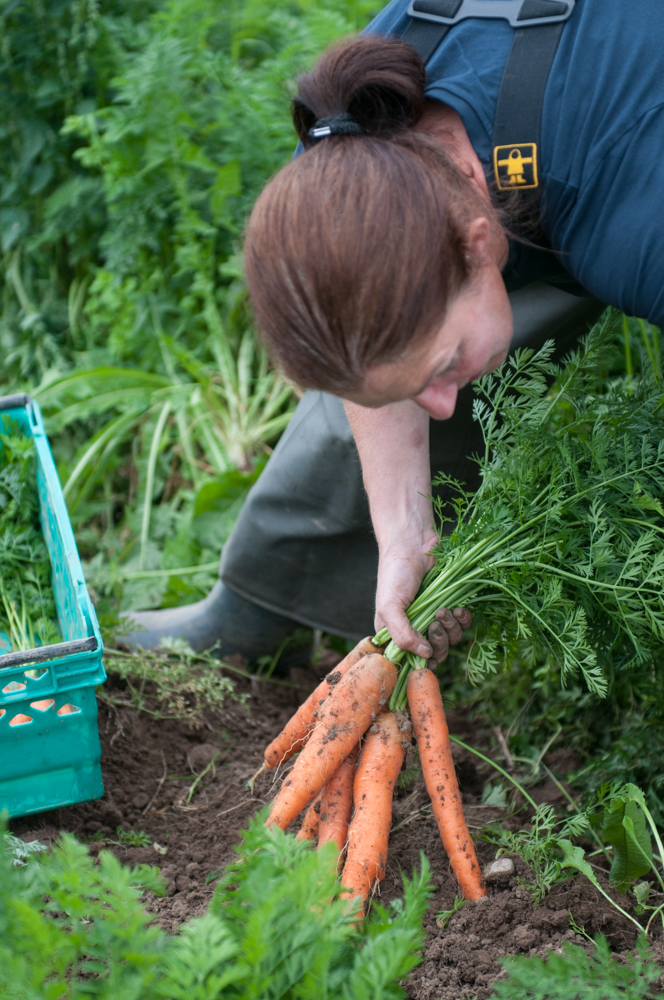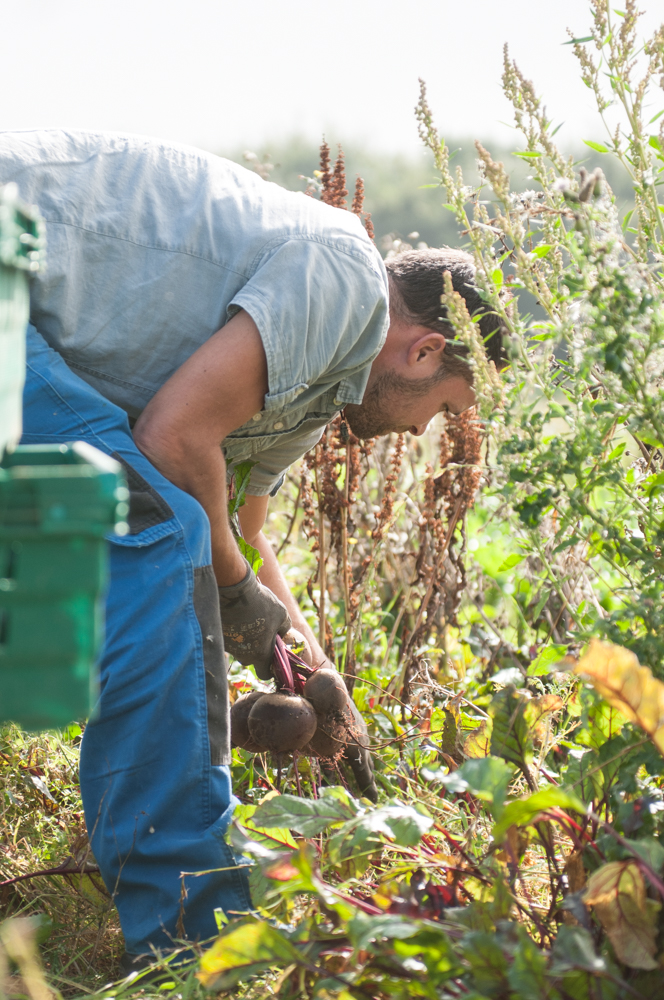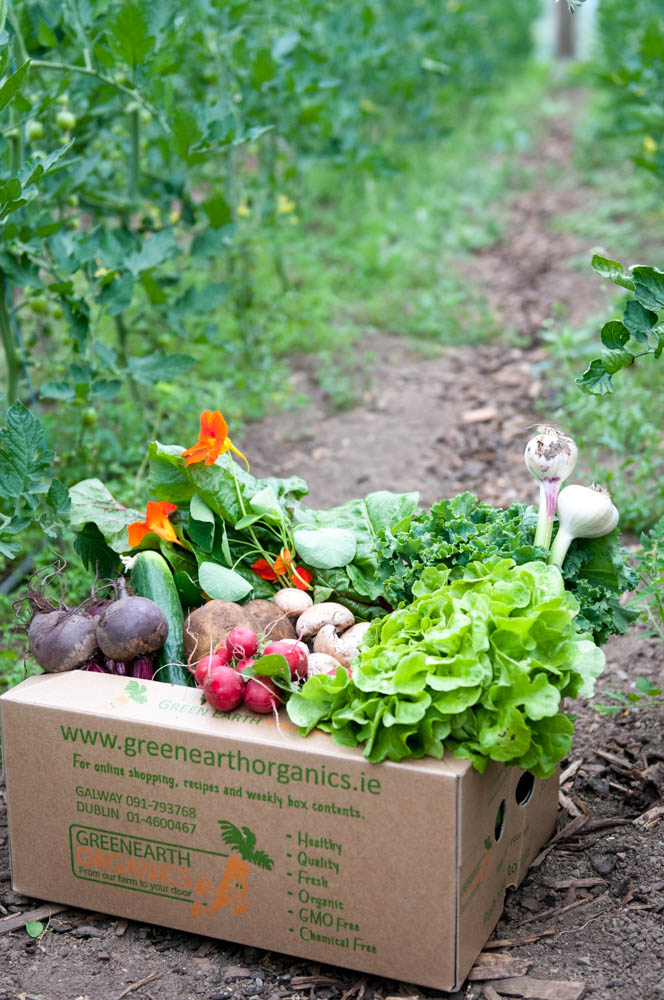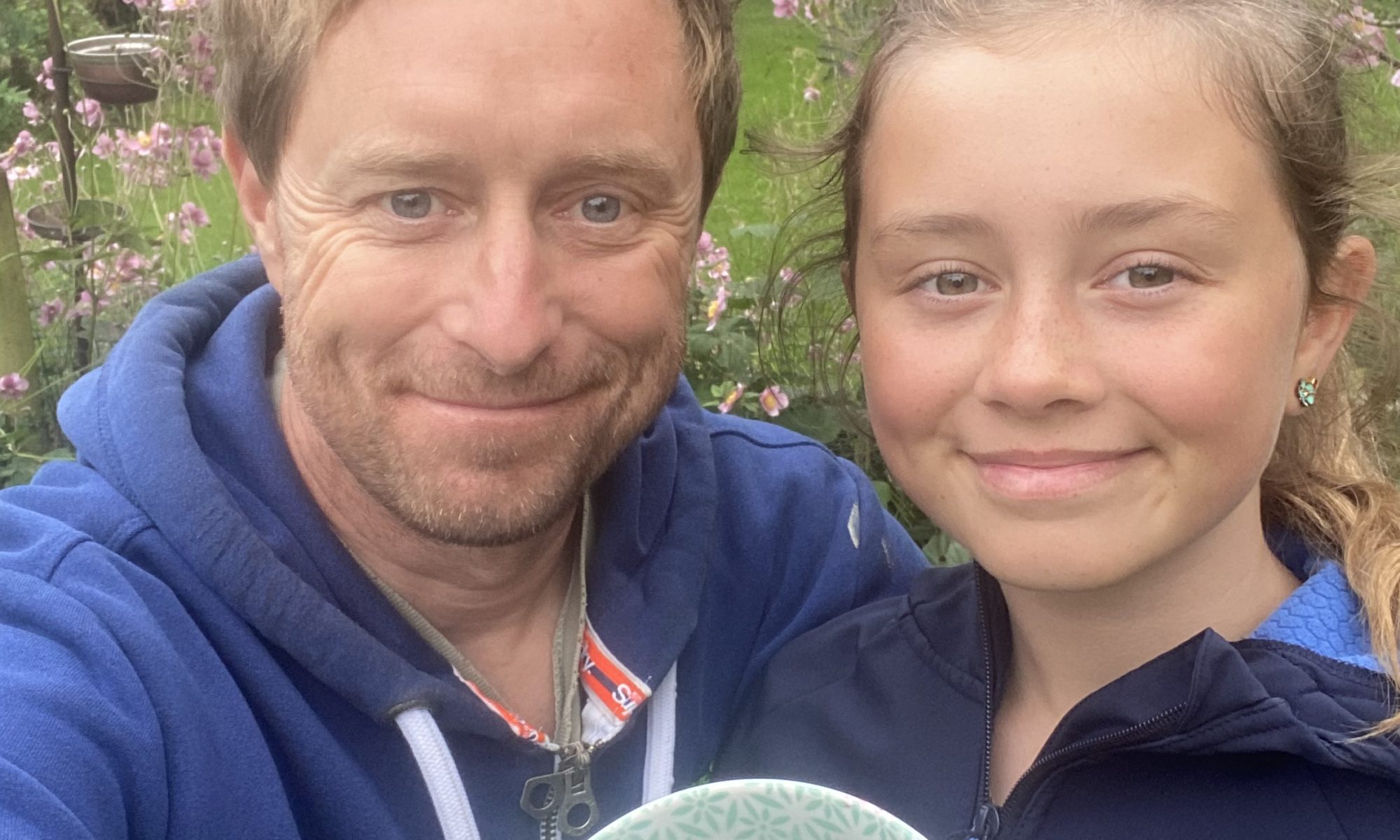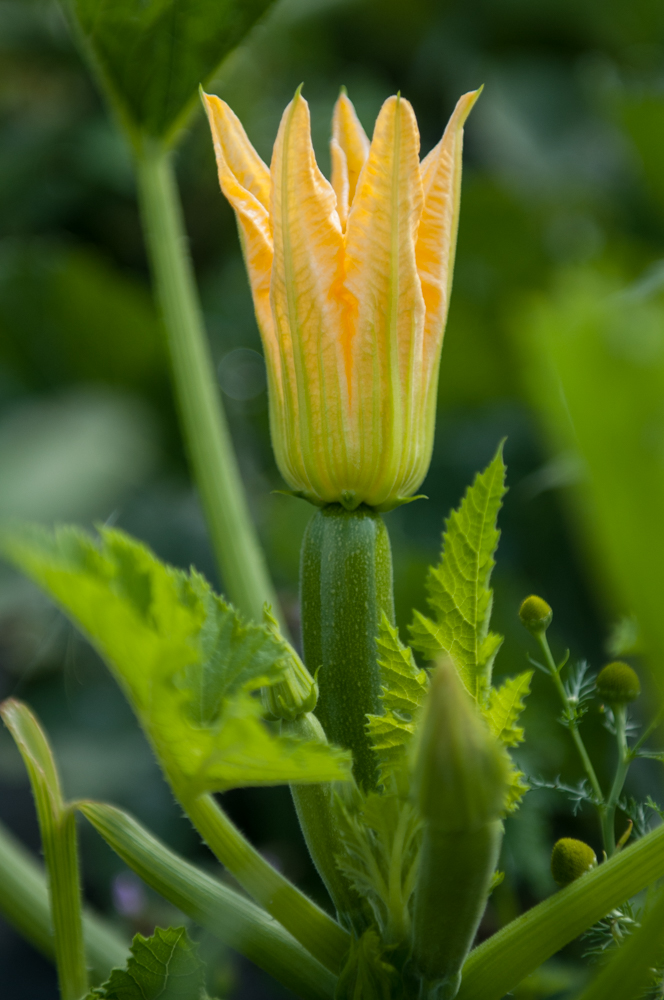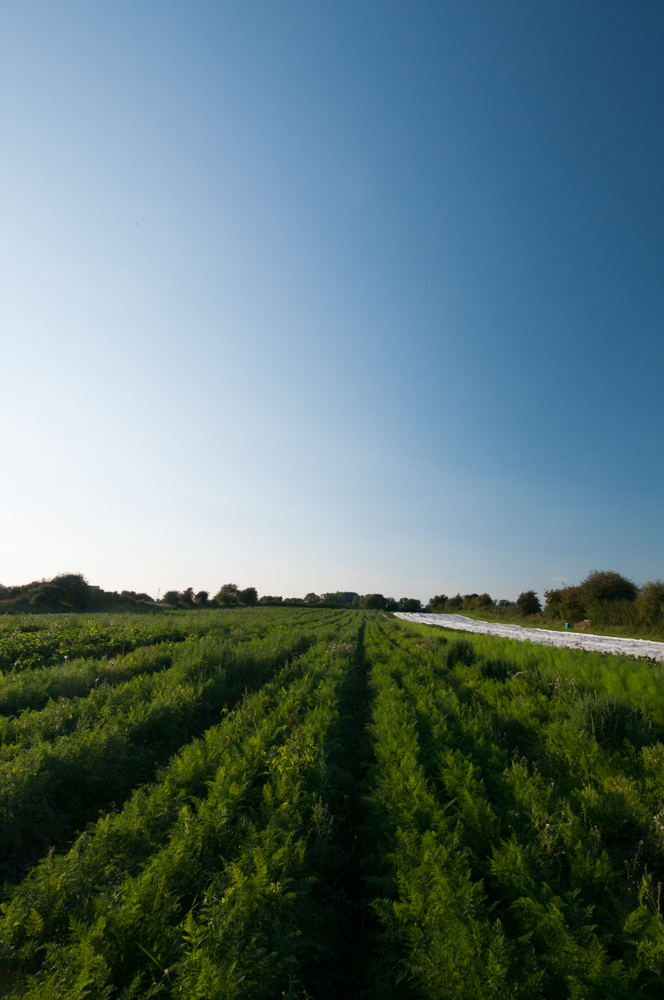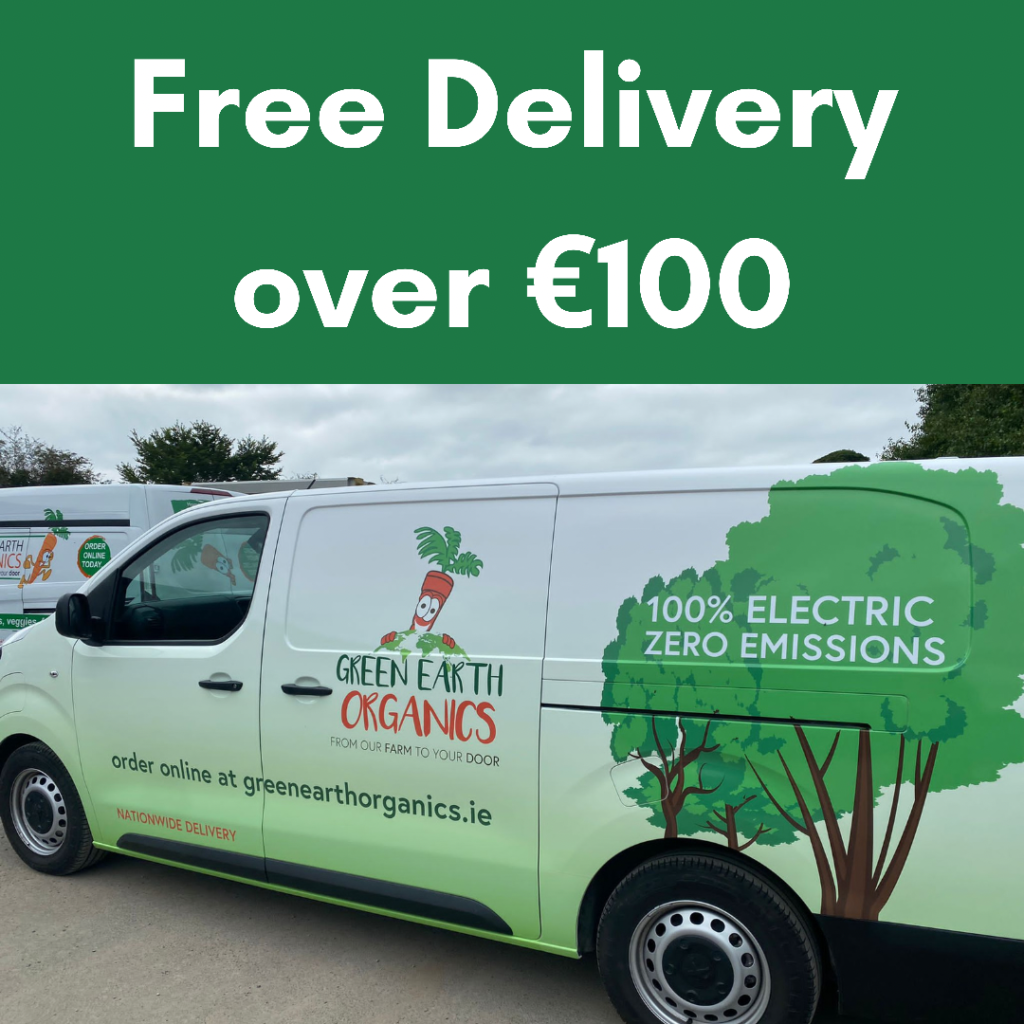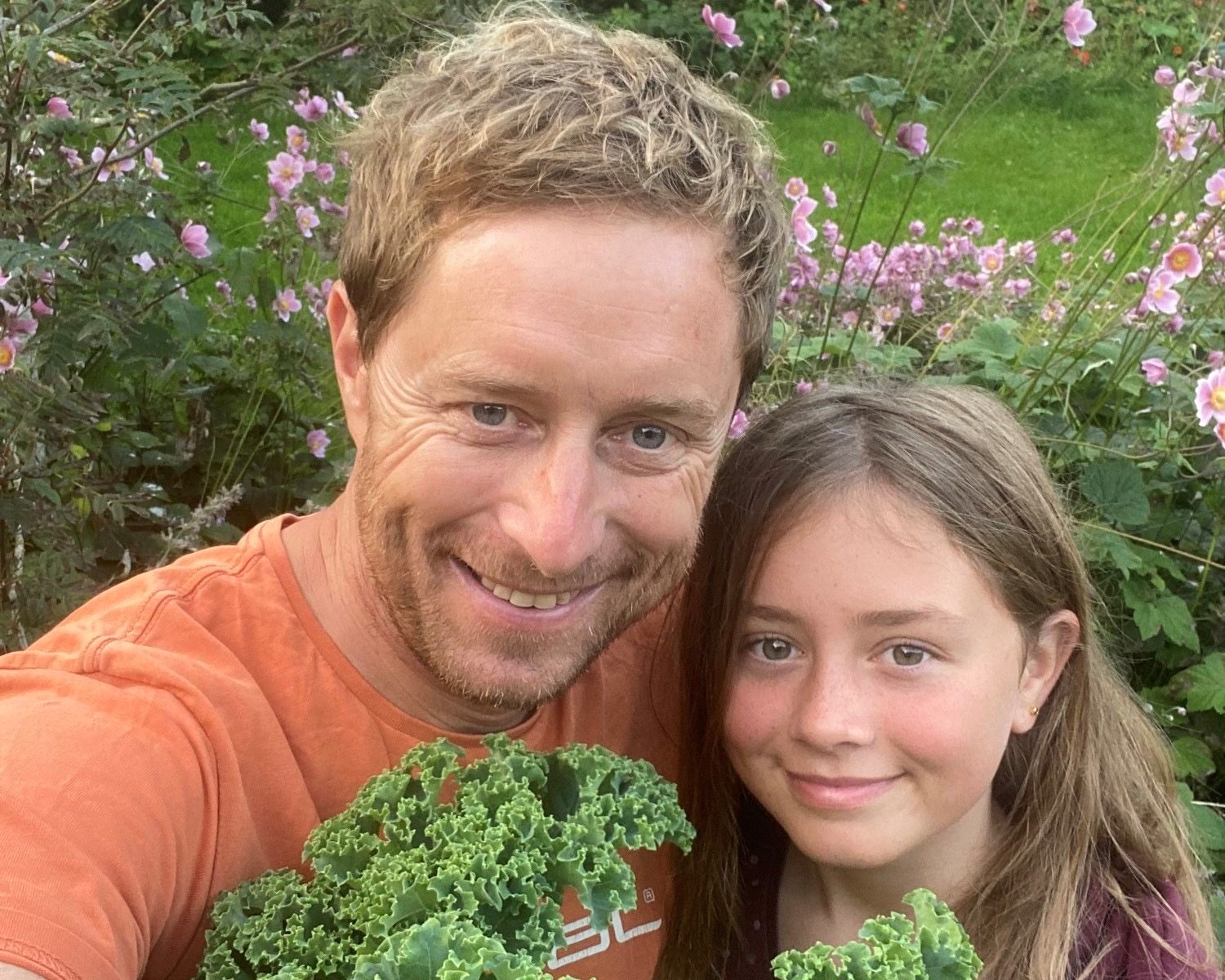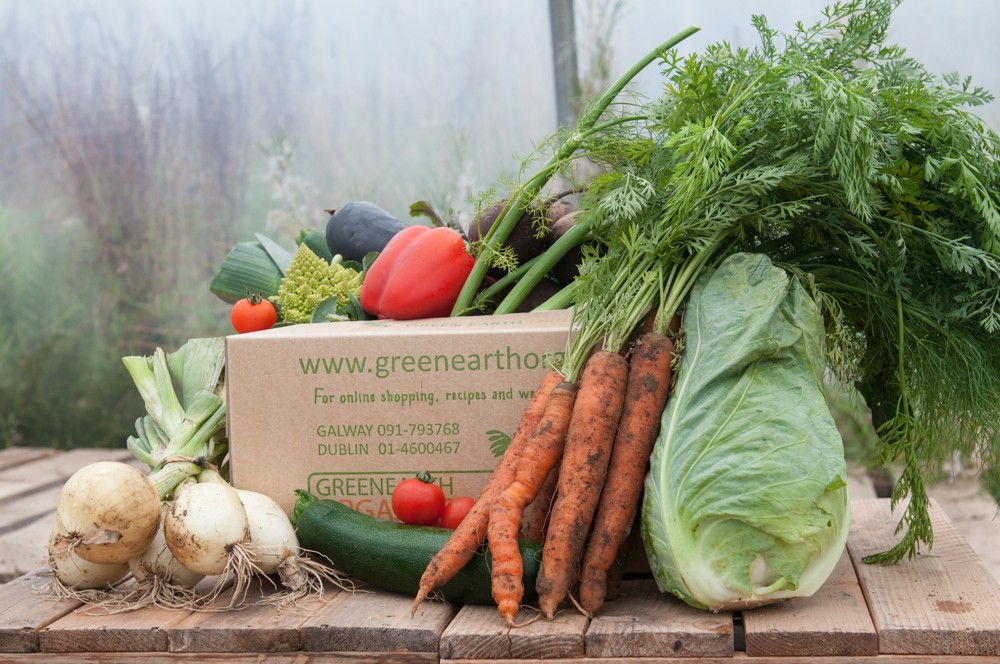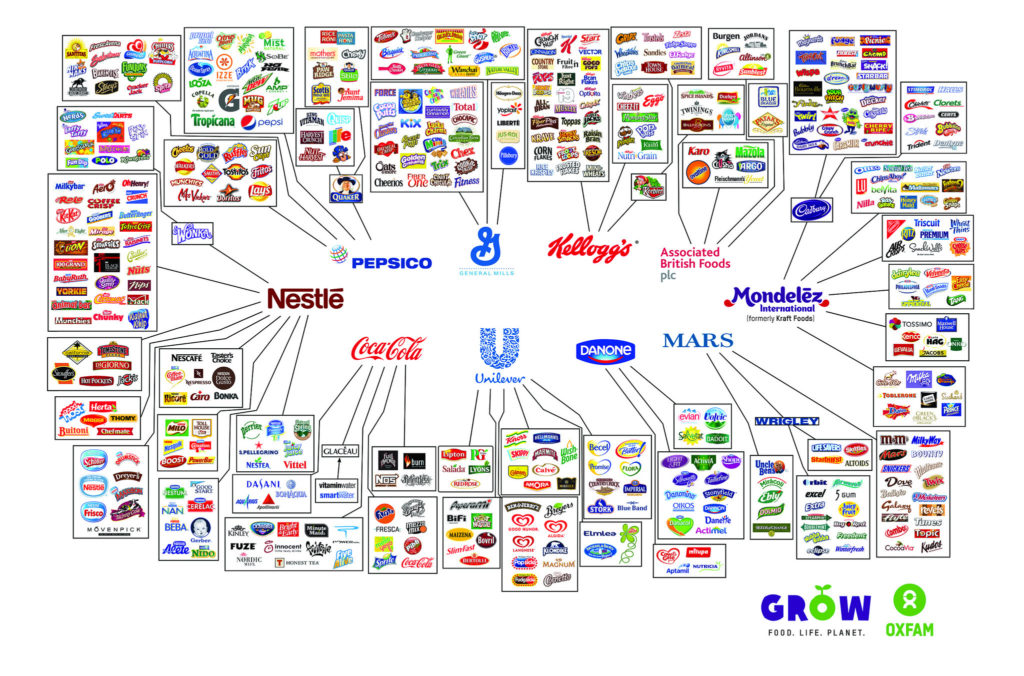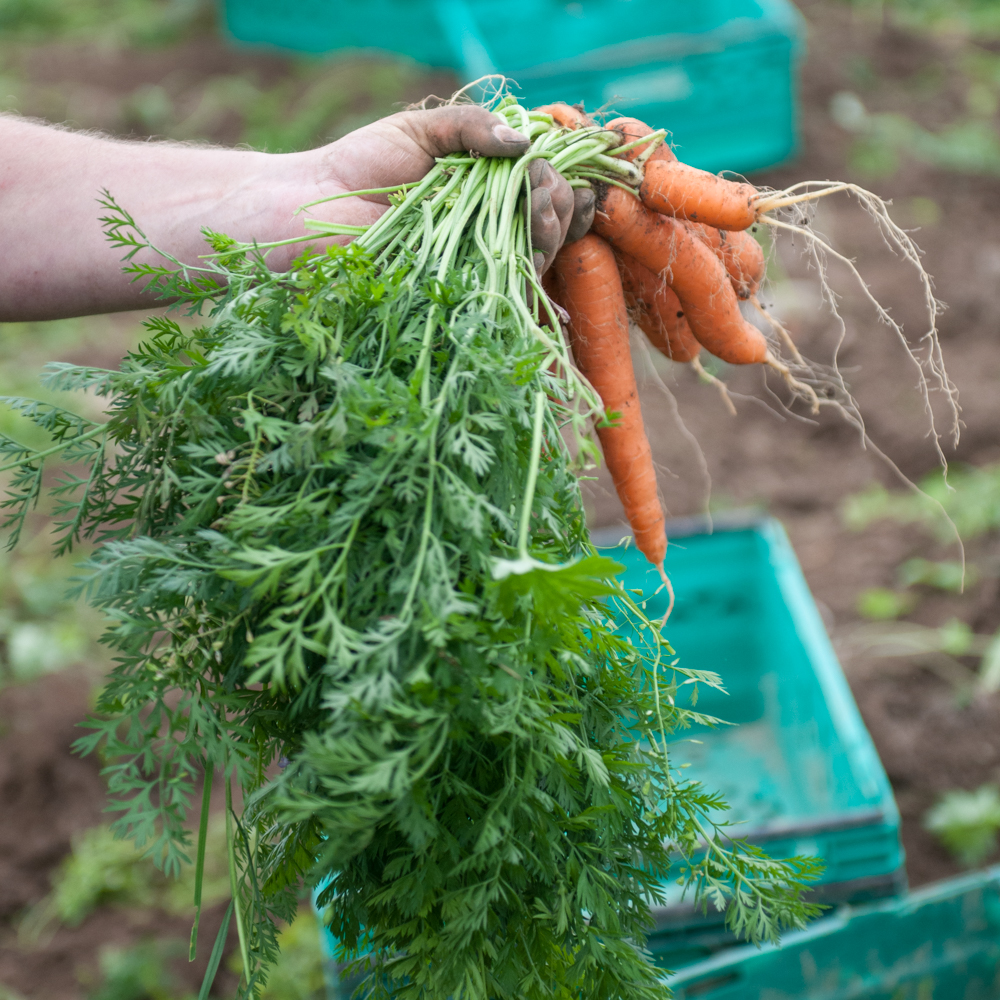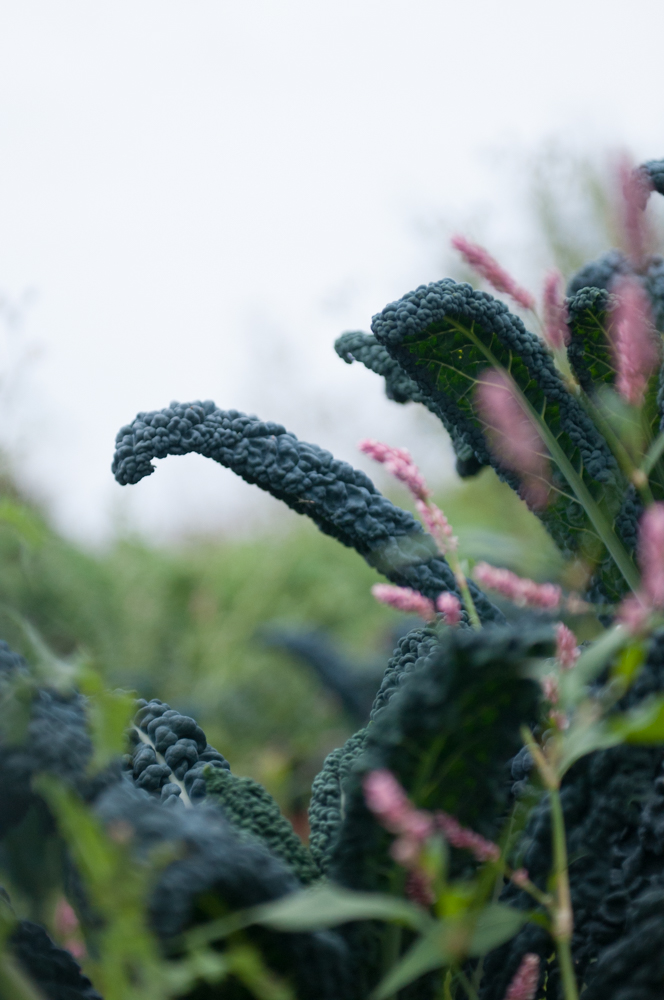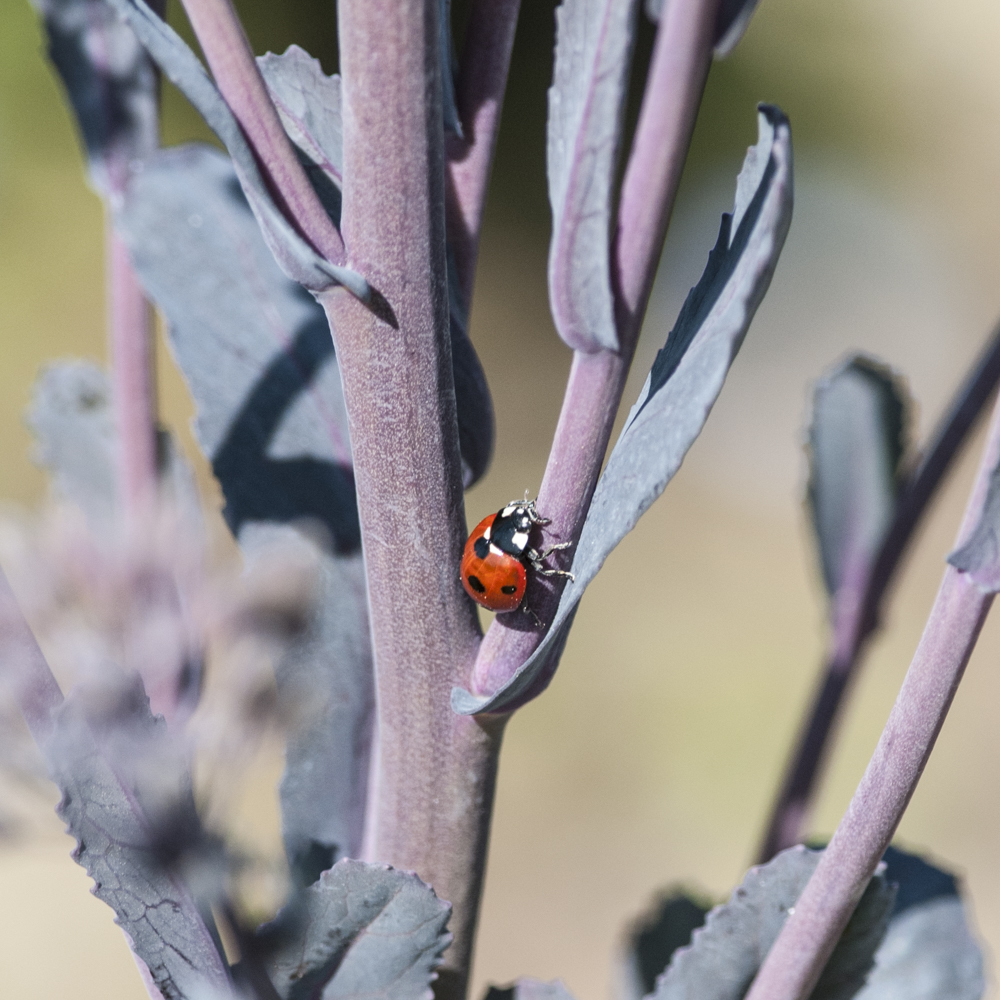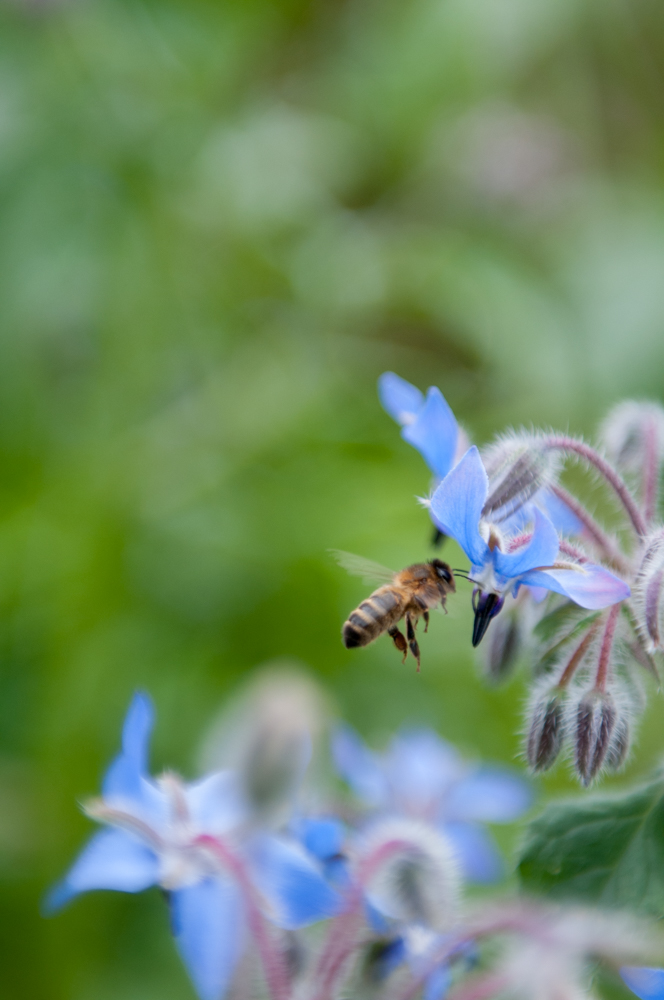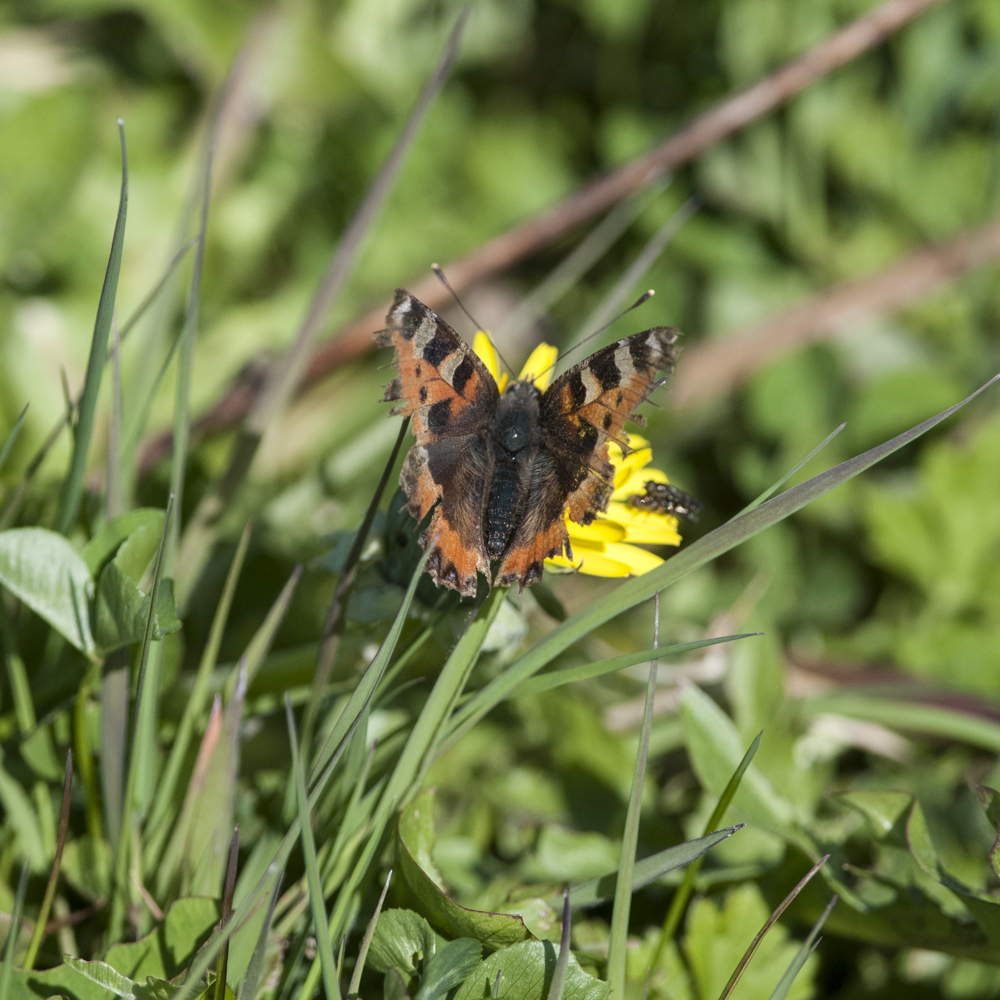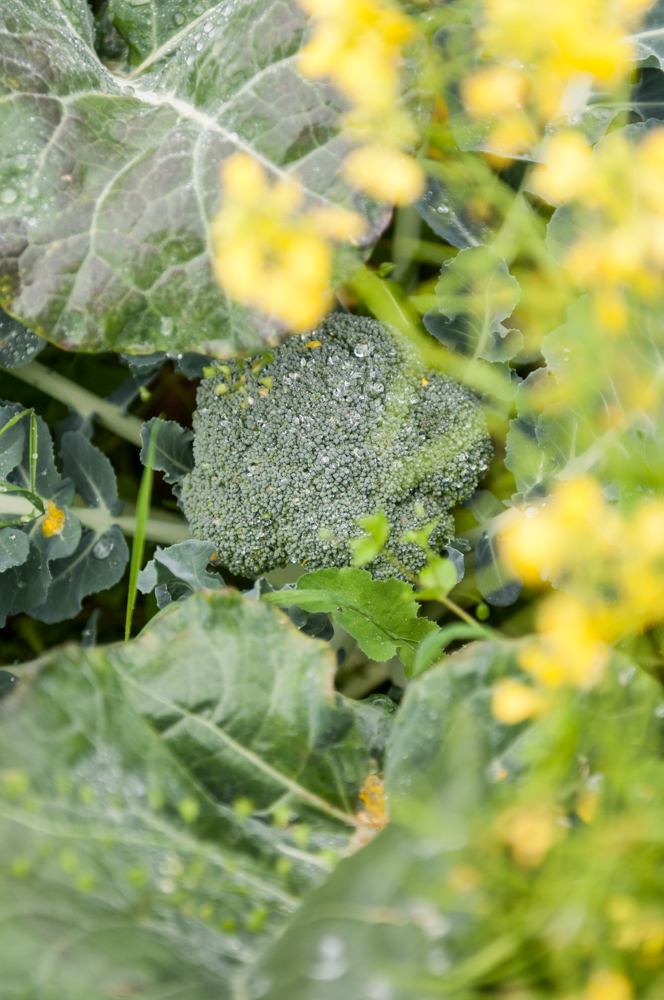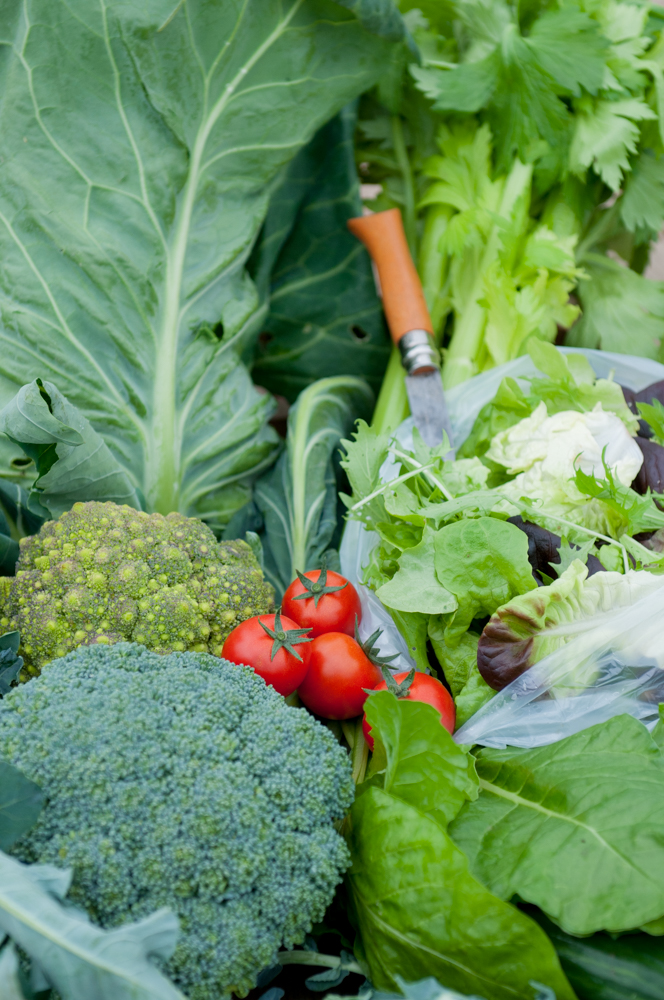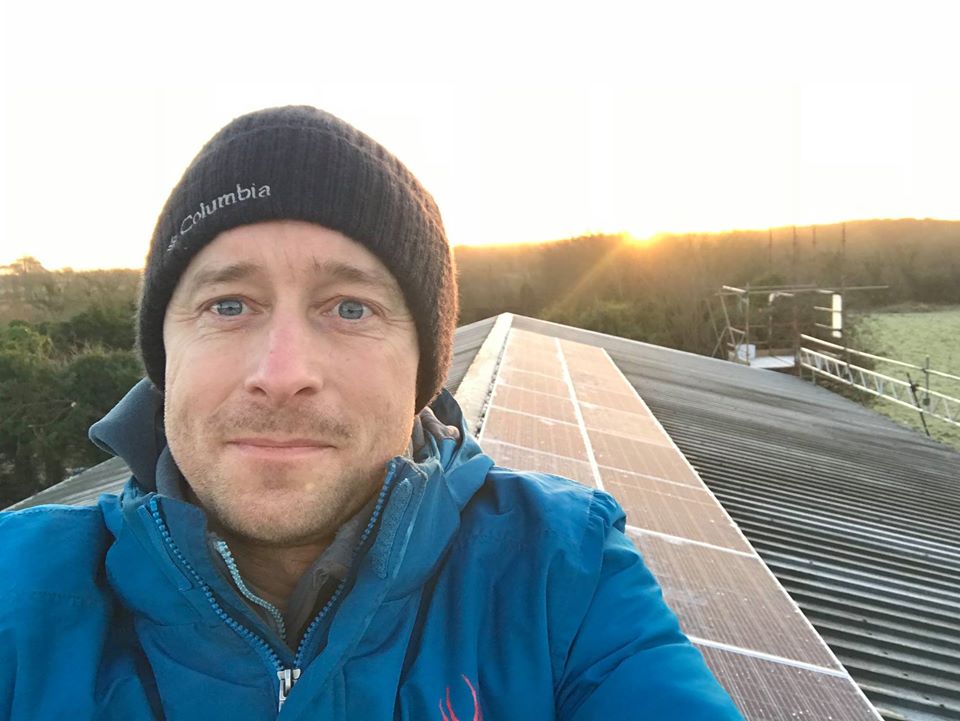
Fuelled by the supermarket model of loss leaders and fresh produce devaluation, cheap food has a lot to answer for. When food is cheap those who deserve respect do not get it, from the farmers to the planet to you the consumer.
We produce high quality food, food that is safe, that tastes like our grandparents remember food tasting, and is a big part of the solution to the appalling state of our planet.
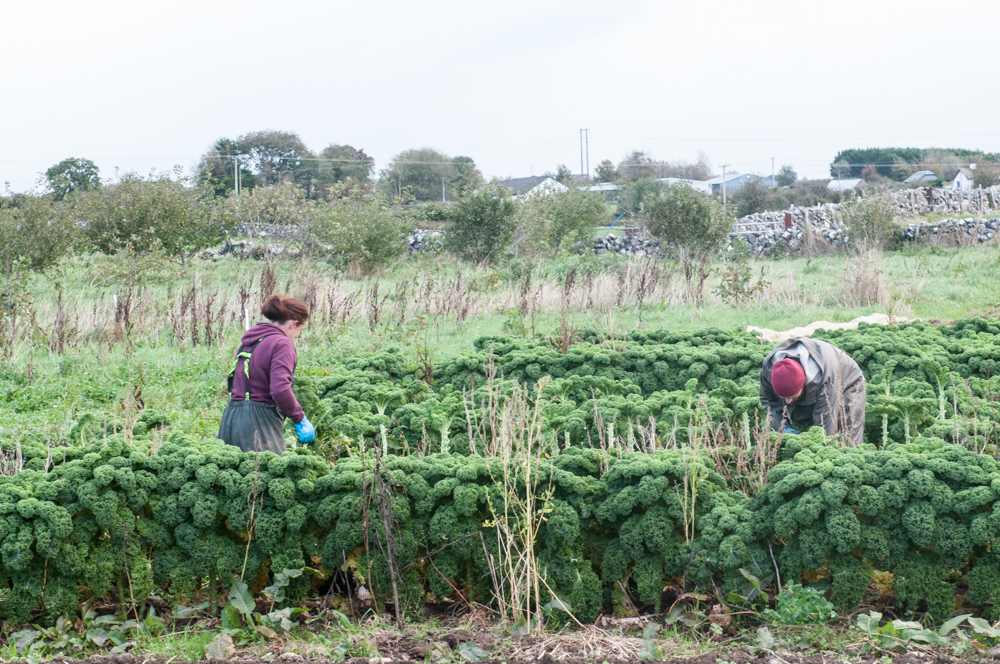
When it comes to agriculture we can do so much more, there are so many simple opportunities to make a difference. Food can be a large part of the solution rather than a big part of the problem. Because solutions are necessary and urgently so.
A few years back on my way to the ploughing championships a strange creature running in a field caught my attention. I stopped the van to catch a better glimpse and right there amidst a herd of cows was an ostrich! Ostrich farming was once a viable enterprise here in Ireland, and if that is possible then surely anything is.
This was September 2018 and a day later the event was cancelled because of storm damage. Just 12 months earlier hurricane Ophelia hit Ireland and 6 months later the “beast from the East” caused widespread disruption and empty supermarket shelves. Three months after the snow we had an intense drought that caused us to lose crops. Three intense major climate related events in less than a year, this is a taster of what may be to come if action is not taken right now on man made greenhouse gas emissions.
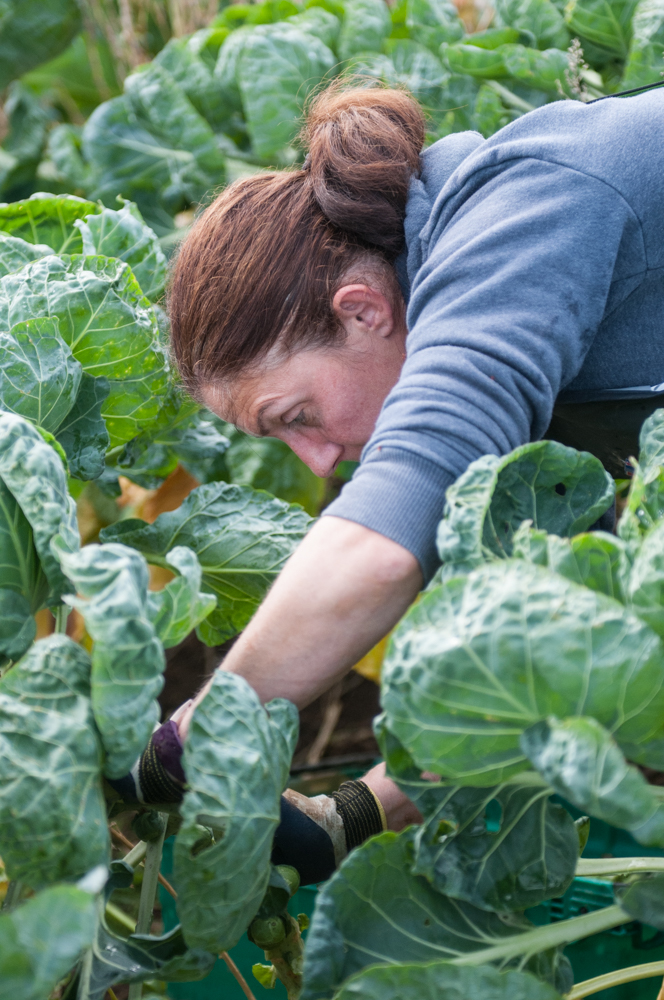
Are we waking up? Are leaders and businesses wide awake to what is happening because they need to be. The days of acting like ostriches are over. We need change now. We need to reduce our material consumption immediately. We need to decarbonise our whole energy system. We need to eat less meat; our whole agriculture ecosystem needs to change.
I get frustrated by the slow progress on reducing emissions, I know frustration will not help. I get angry with the seeming lack of urgent concern of those in power. I also understand that even though reducing emissions seems simple it is not, it is a complex global problem.
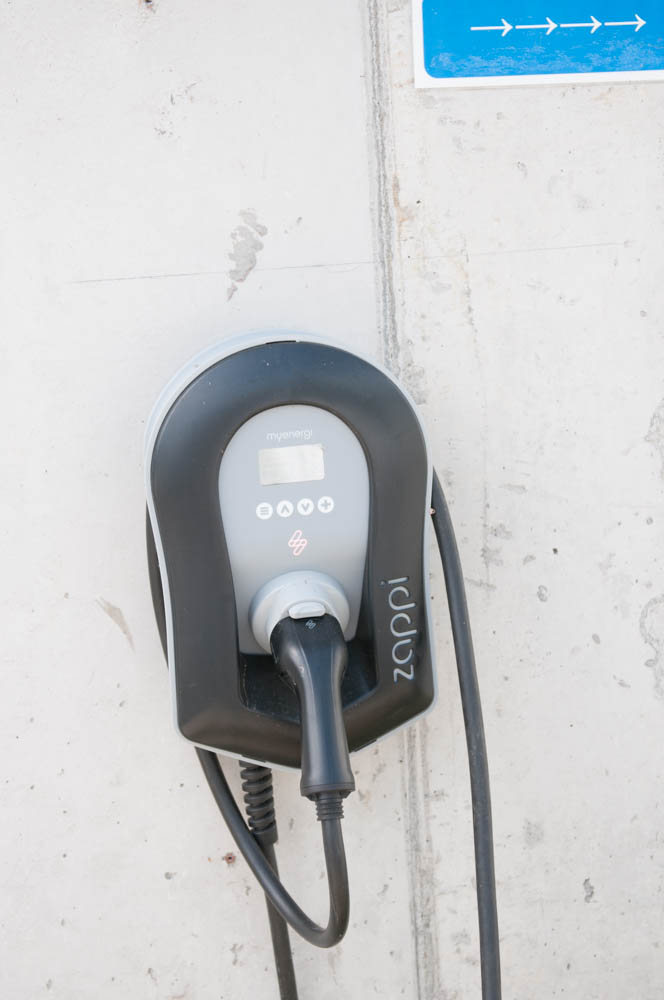
It is a sad fact we as a civilisation are still intensely reliant on fossil fuels, but there has never been a better time for transitioning to a clean zero carbon future. It will not be easy, but it is infinitely doable and well within our grasp.
Our new electric van is partly powered by solar panels on our packing shed roof, pure clean energy and we use it for delivery, it is possible.
I would like to say that I have a deep stirring of positivity as we head into winter, both for the farm and for the planet. I want to believe that we may be turning a corner and for the first-time people everywhere are rising to the challenge but are our leaders? Are our businesses doing what is necessary? Of this I am not so sure.
Will ours be the generation that will see an end to climate change? I want to believe it will be.
Thank you for your continued support!
Kenneth
